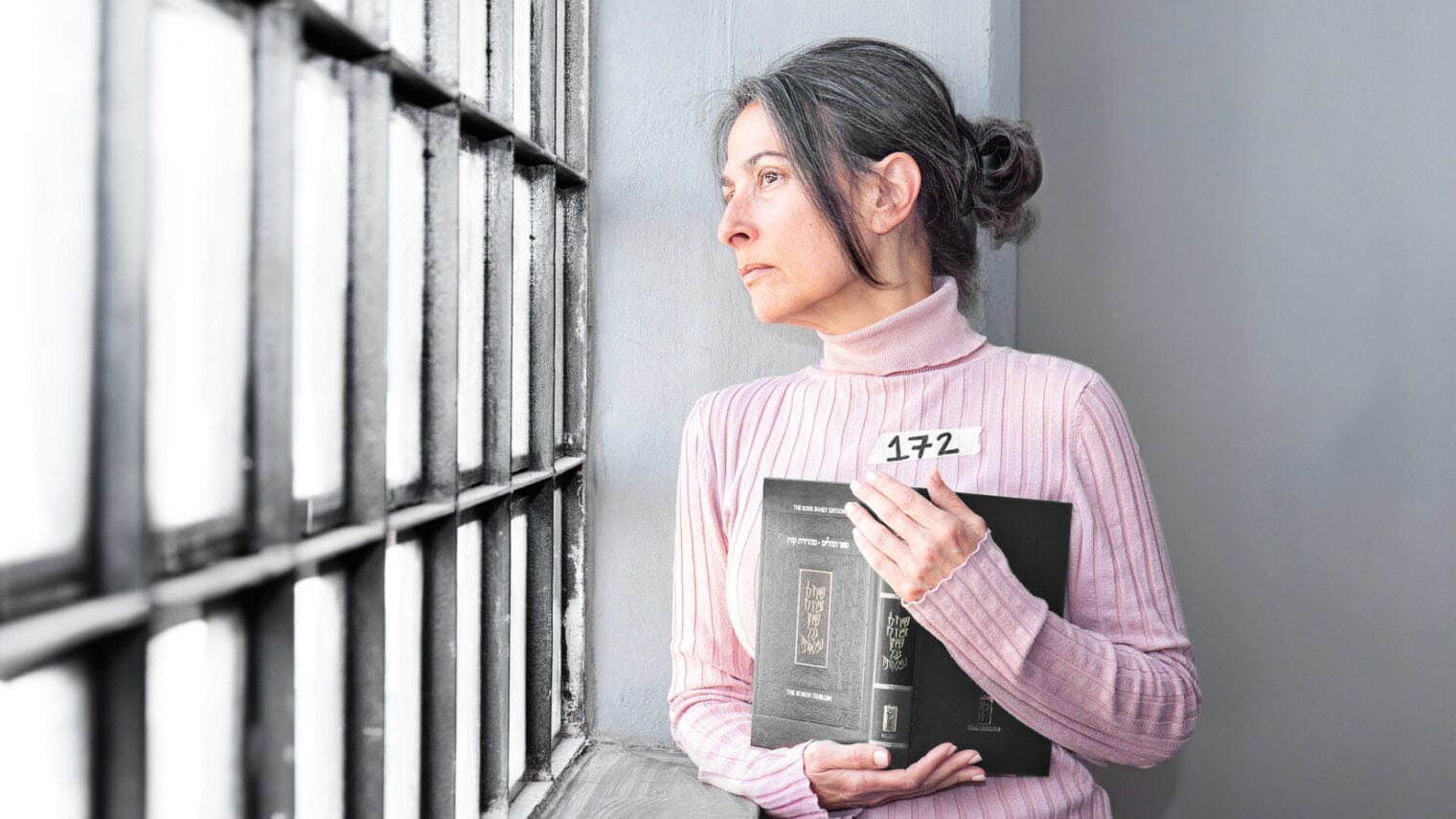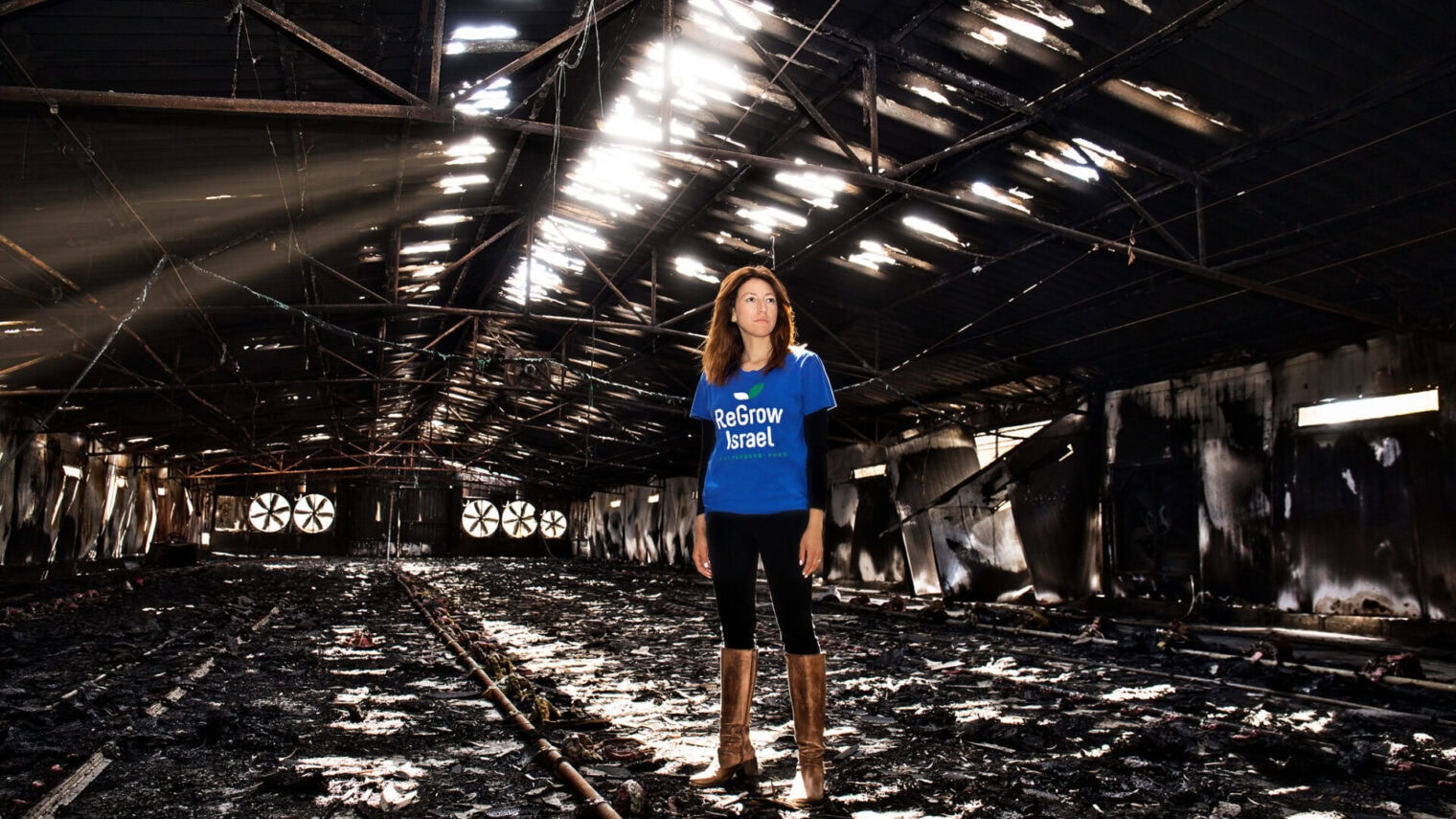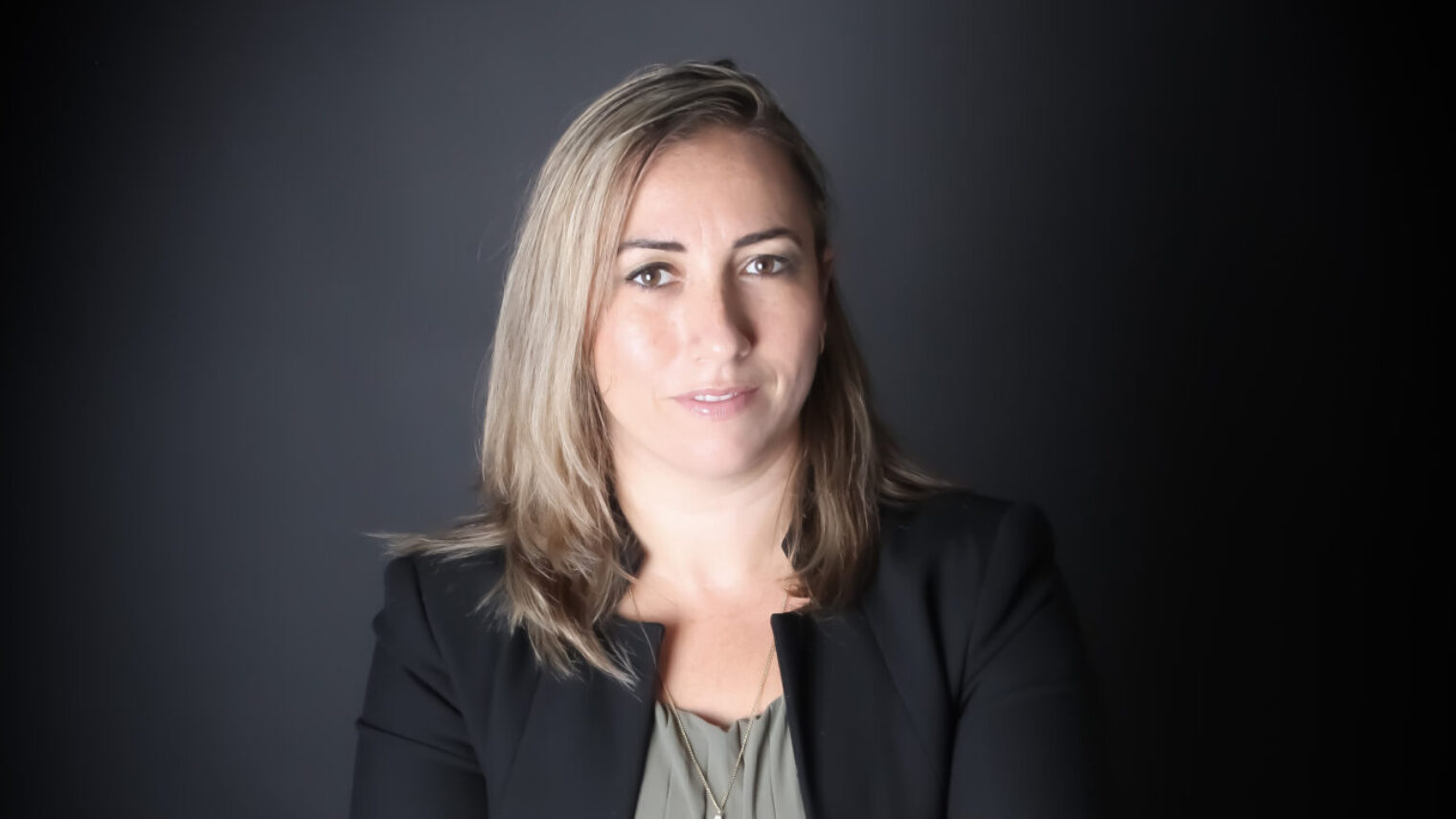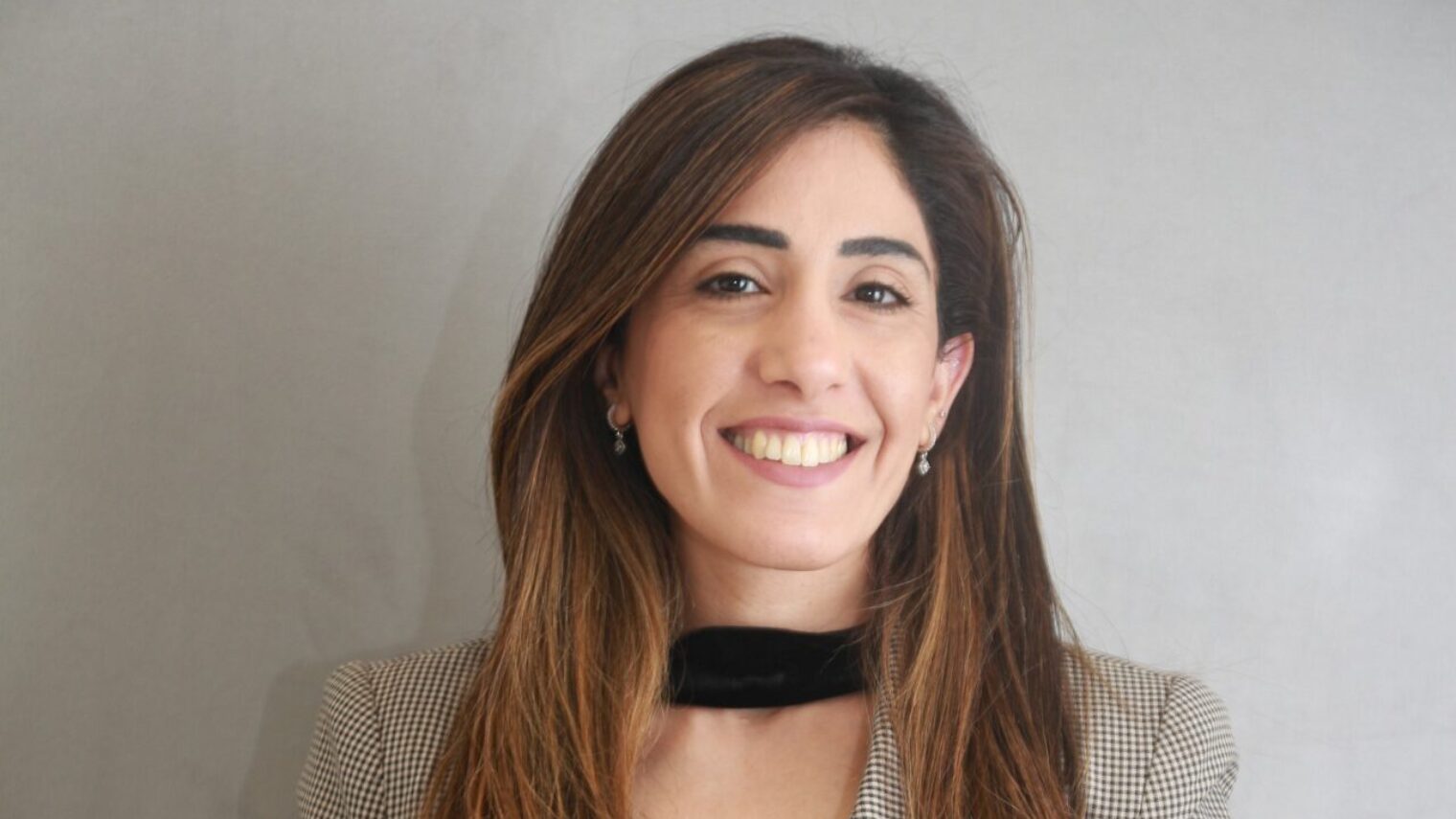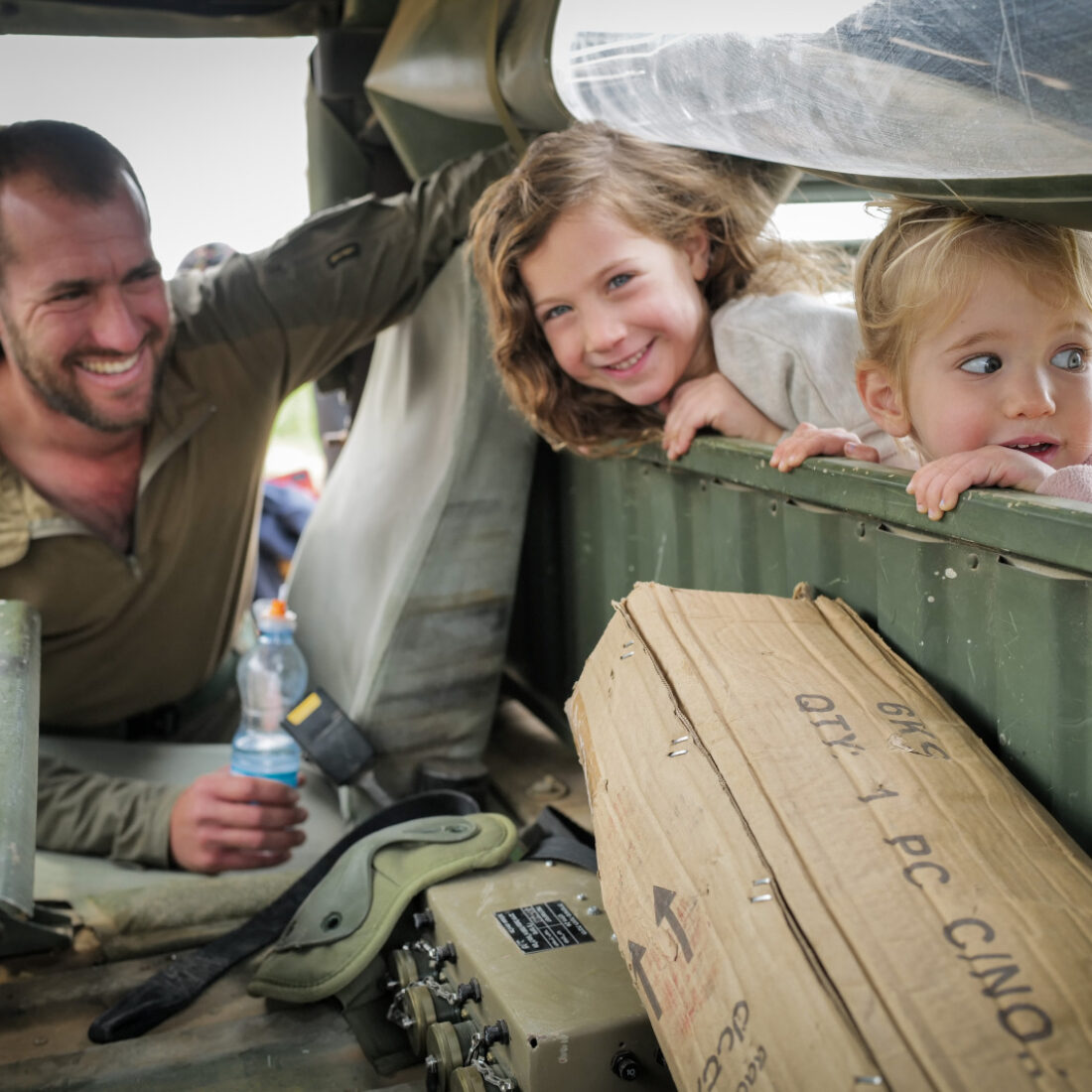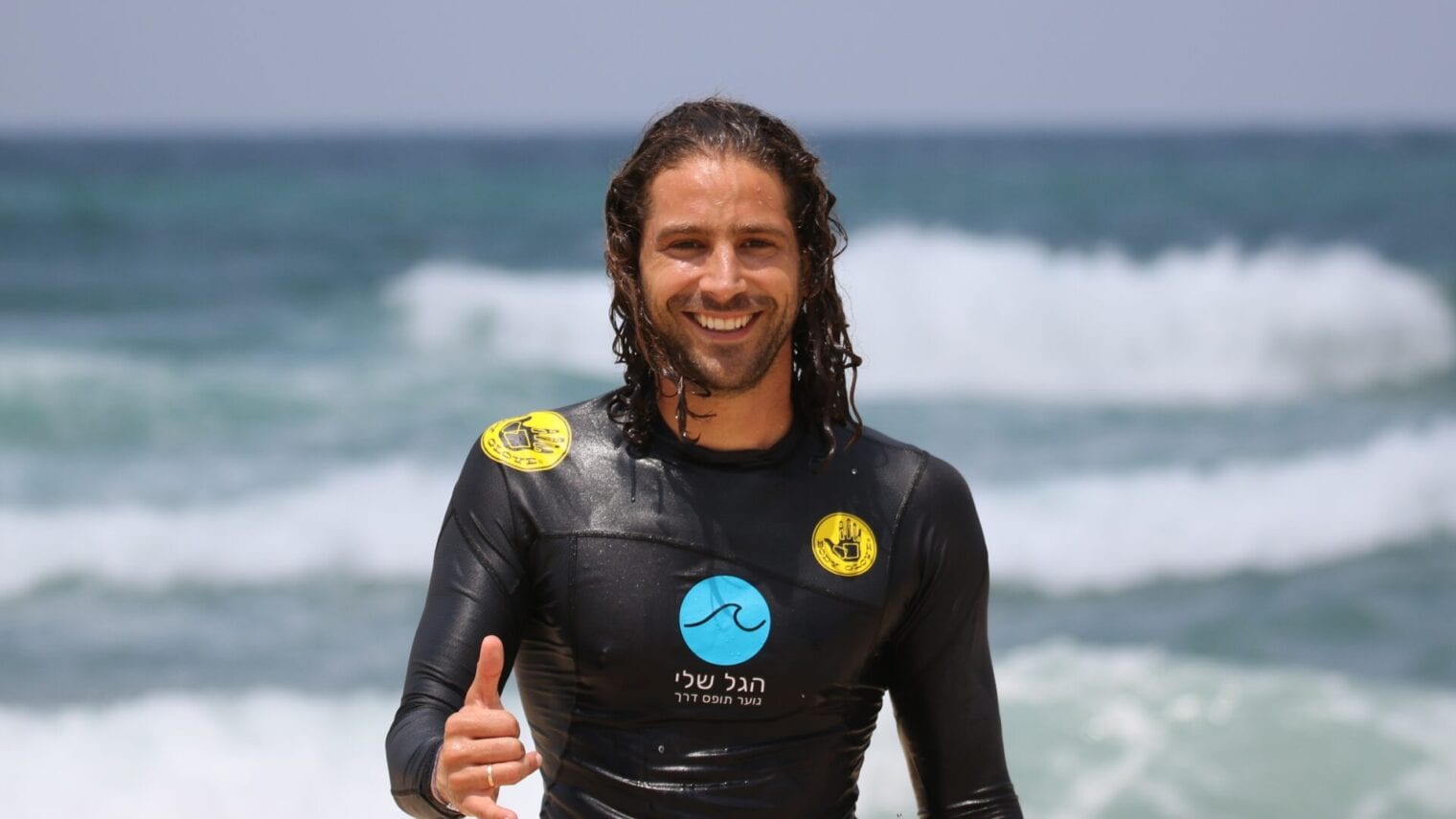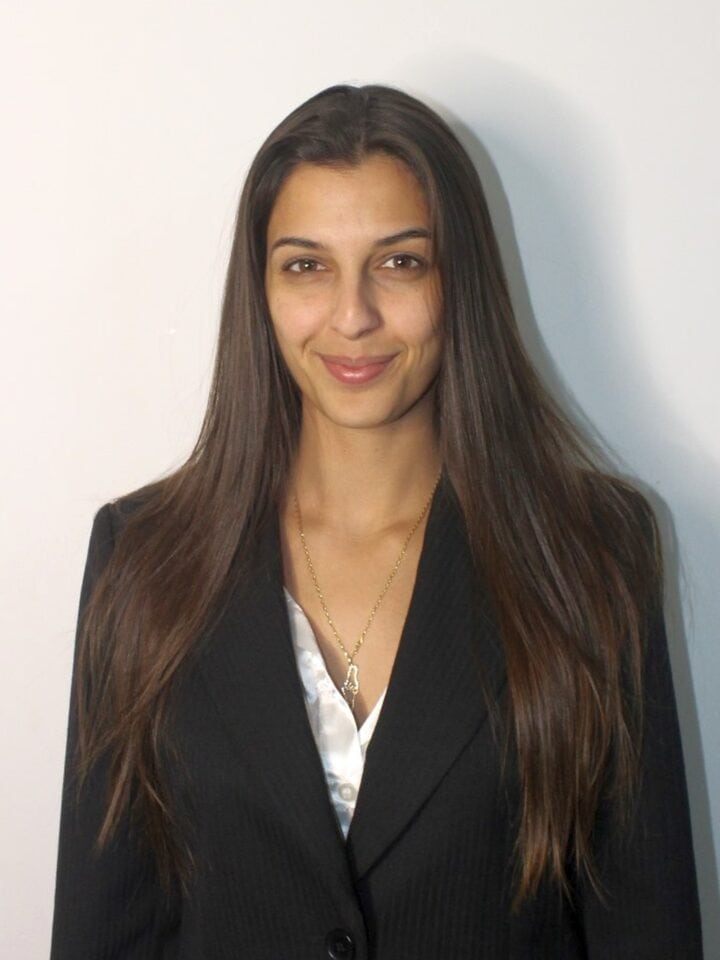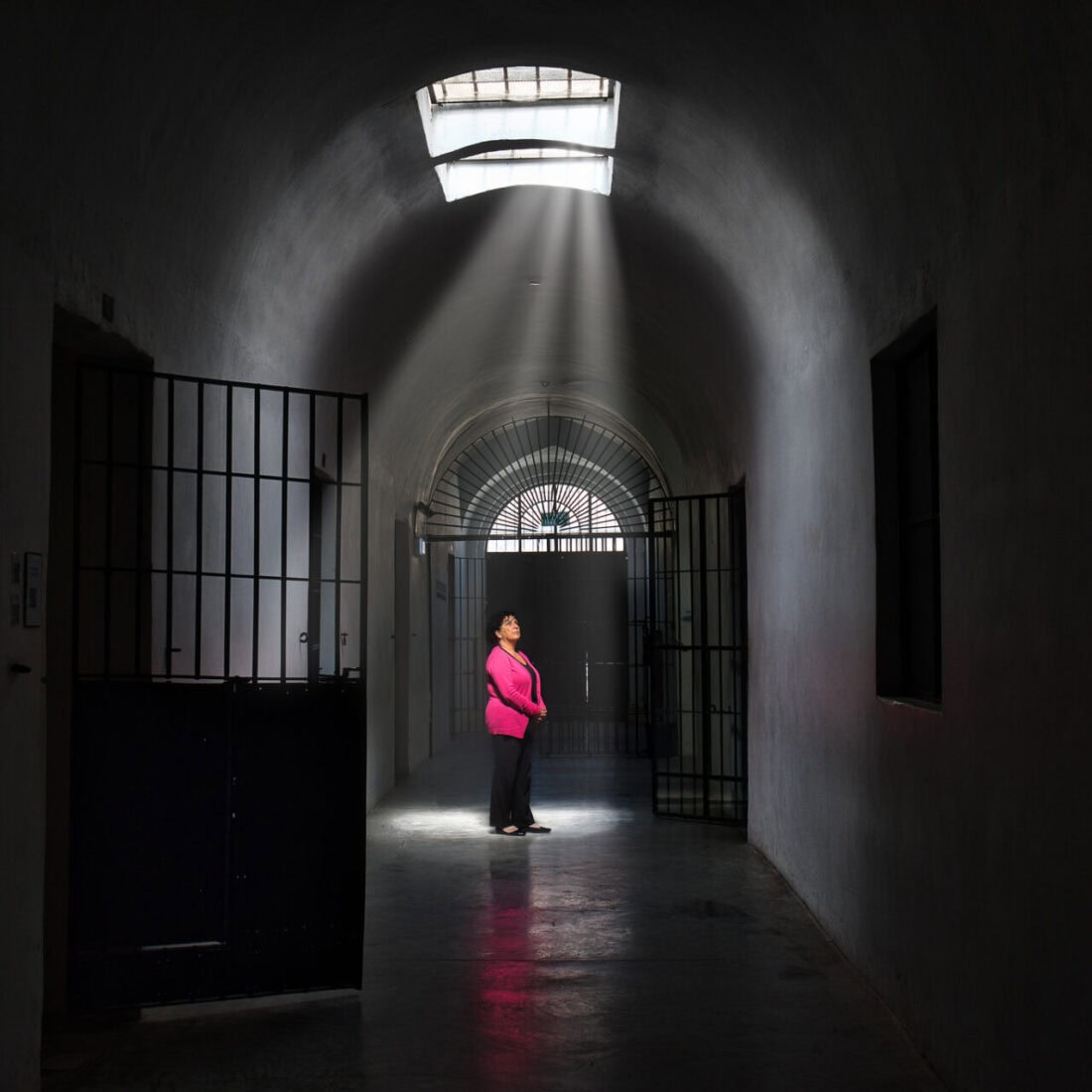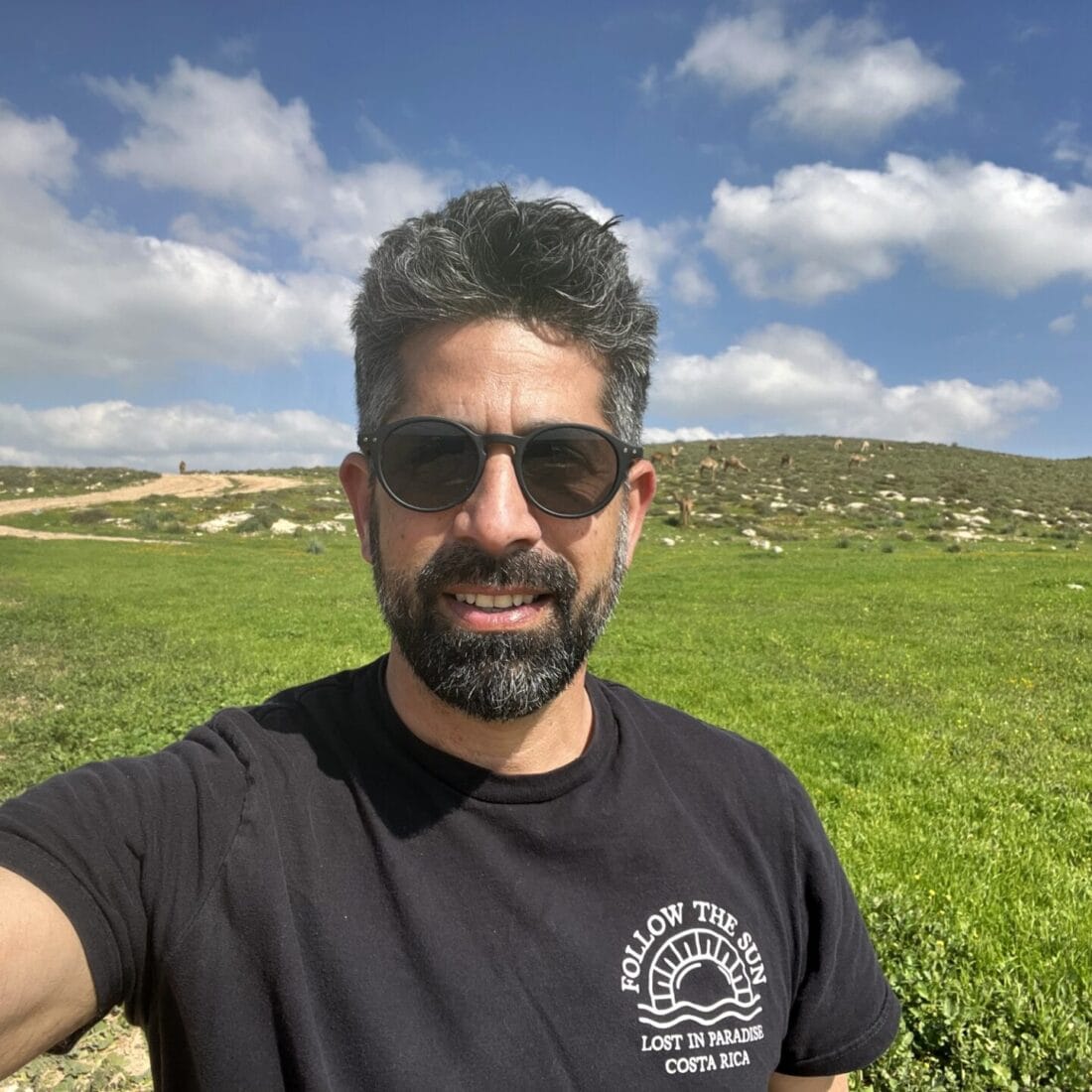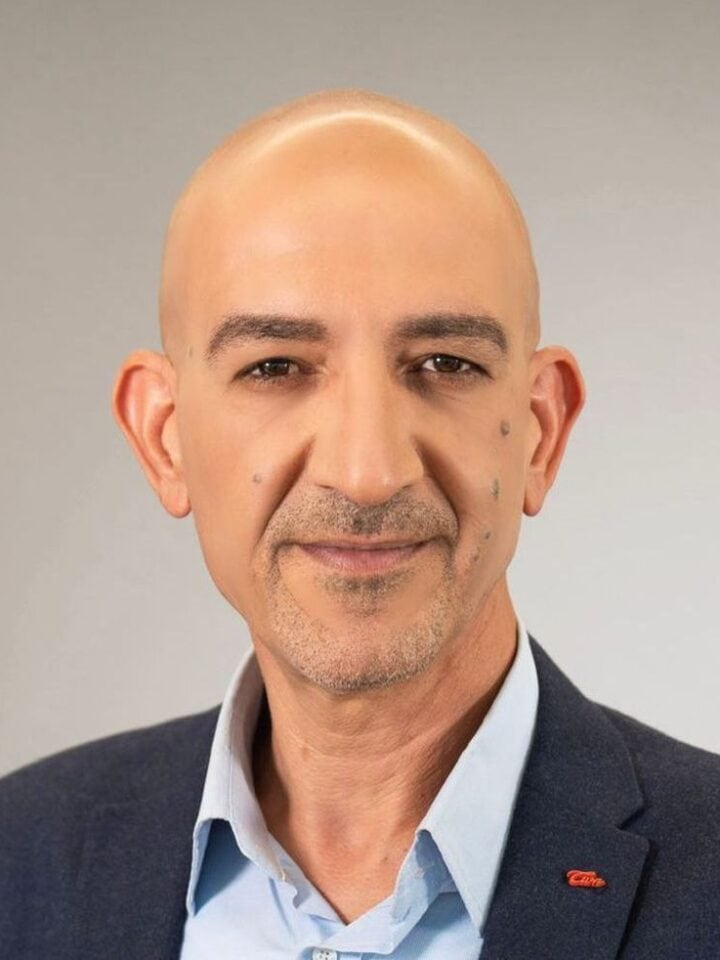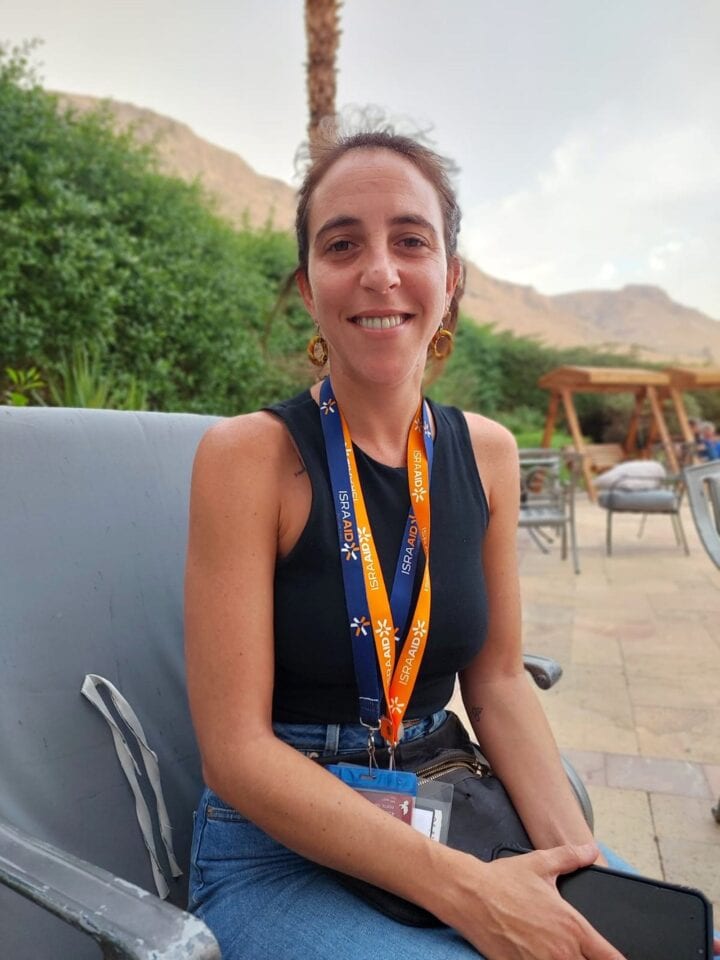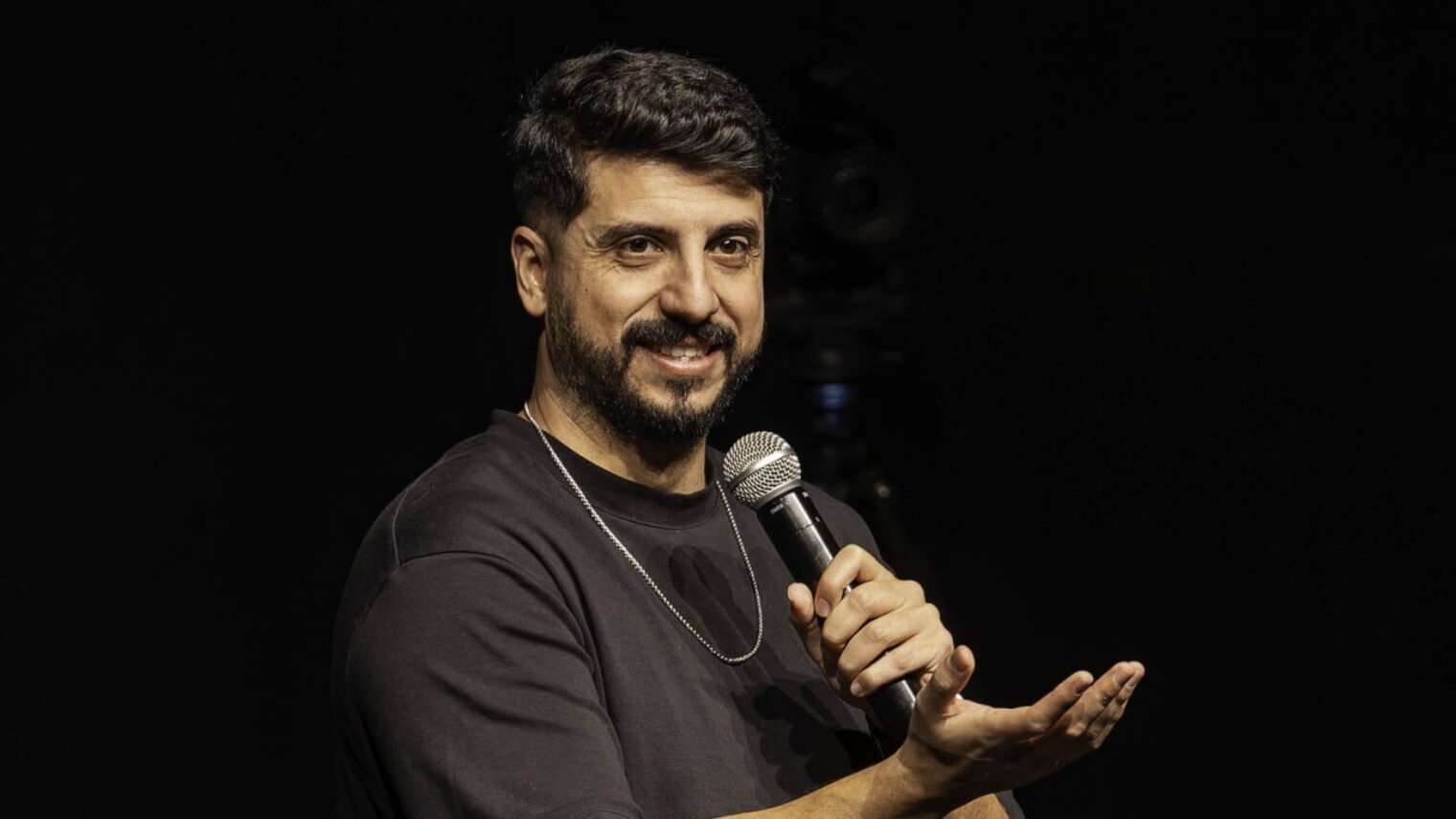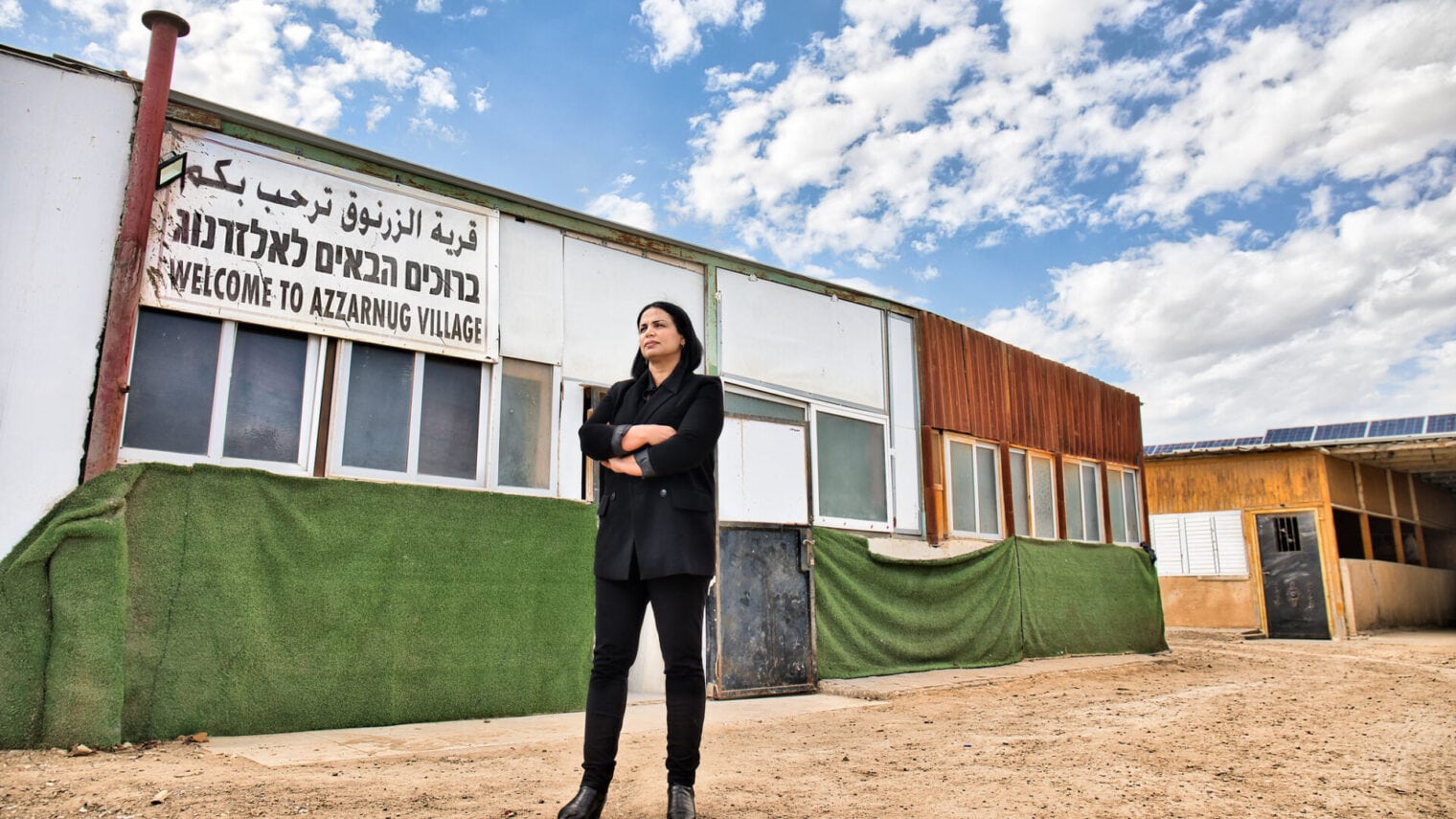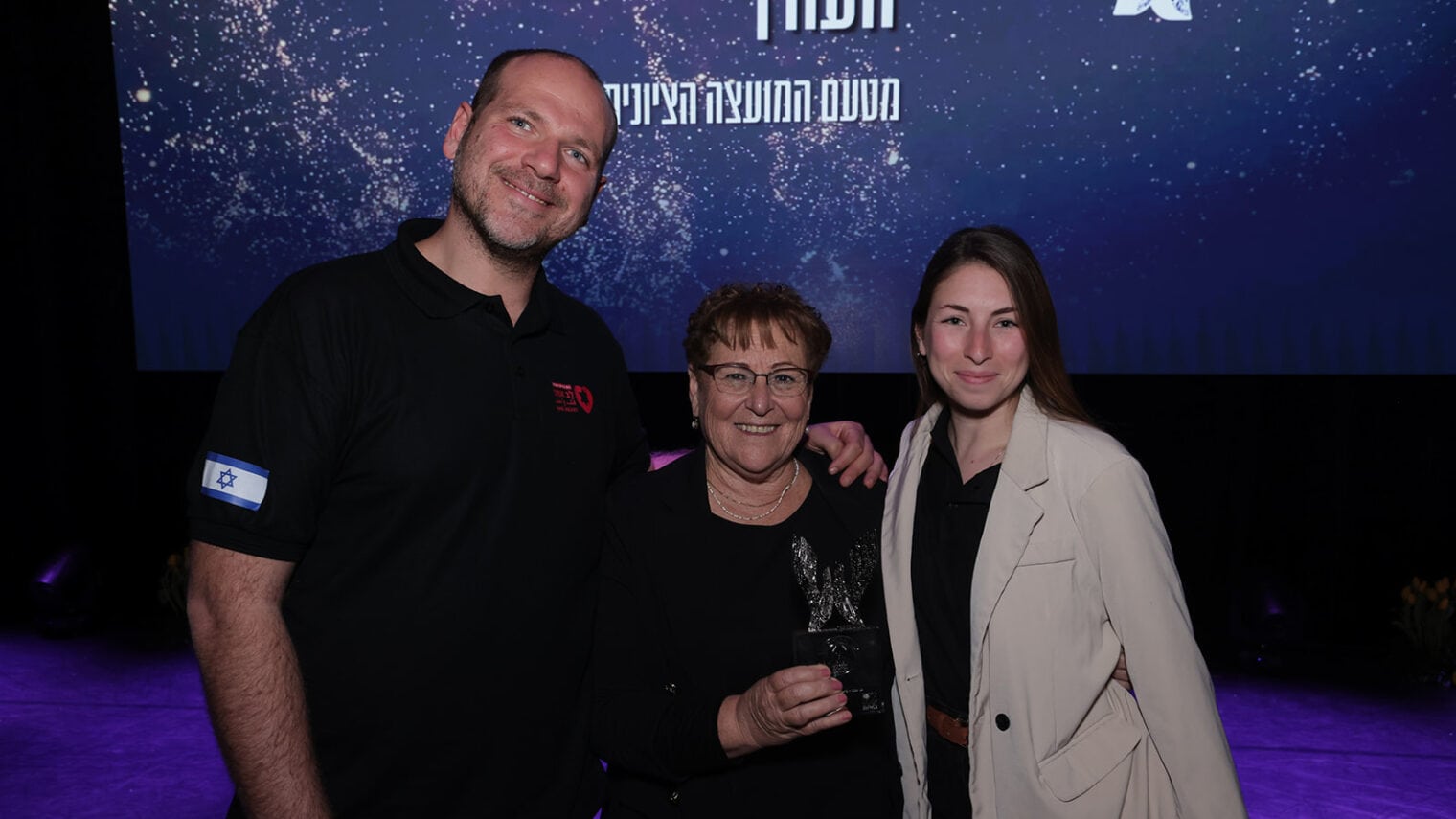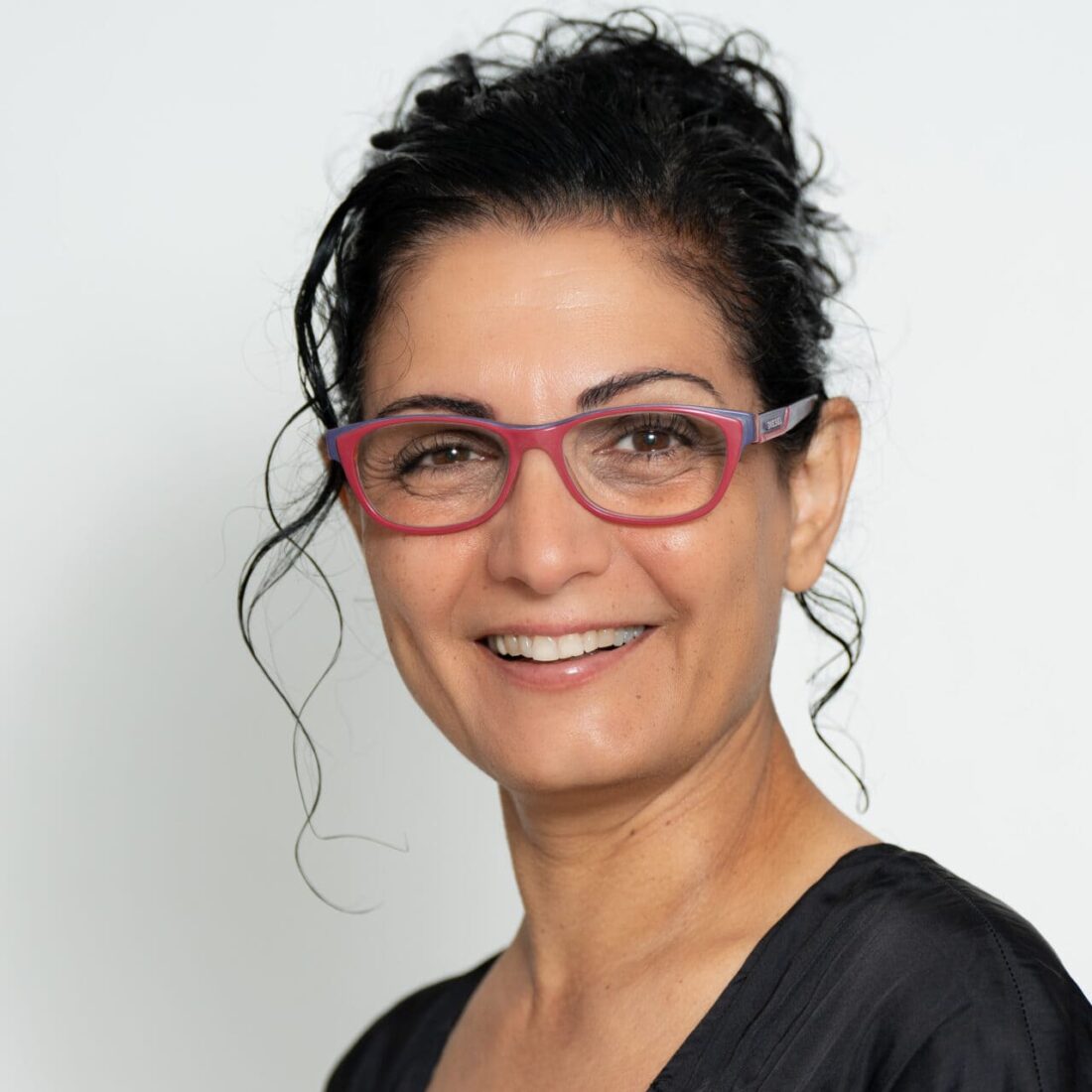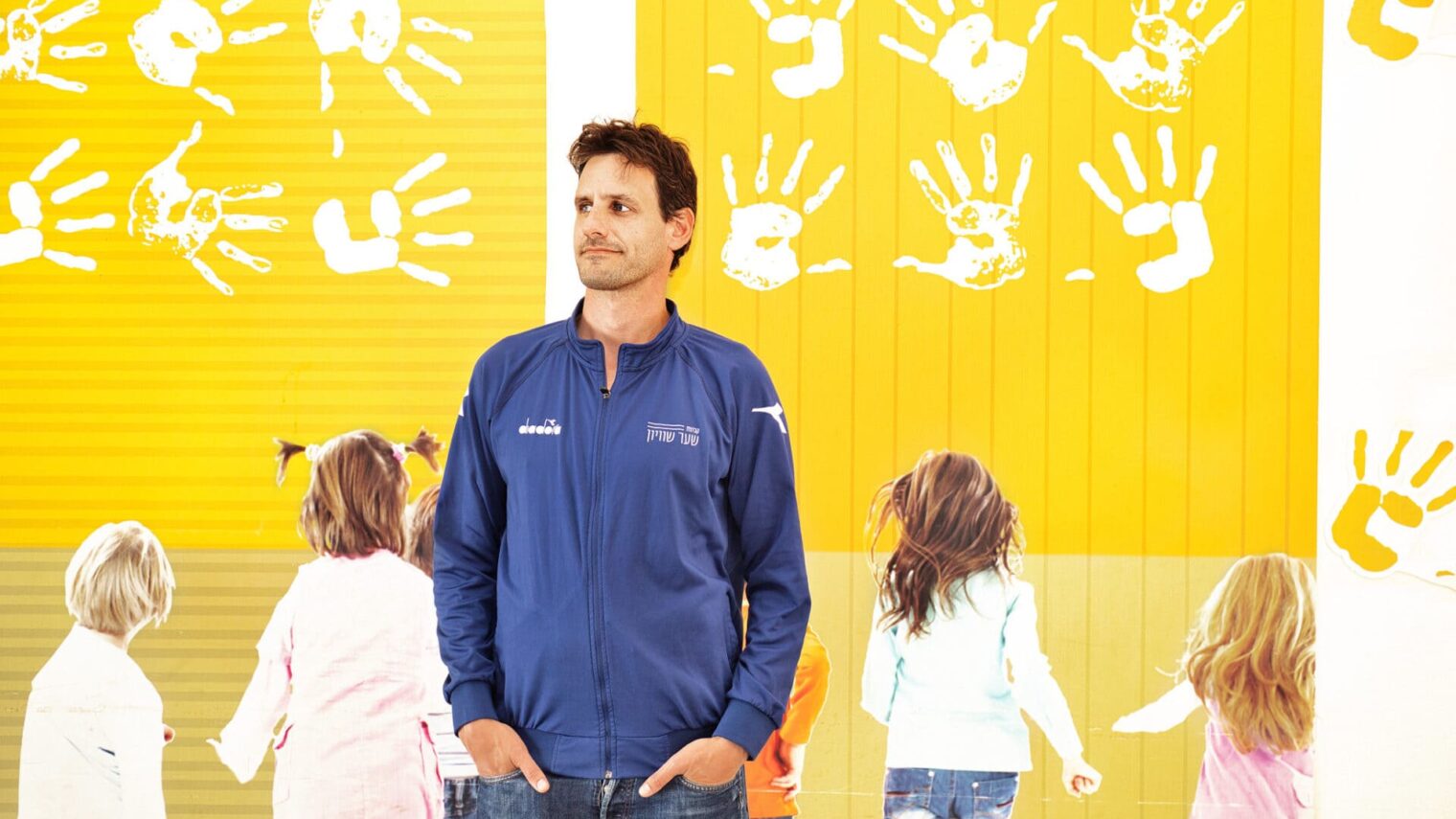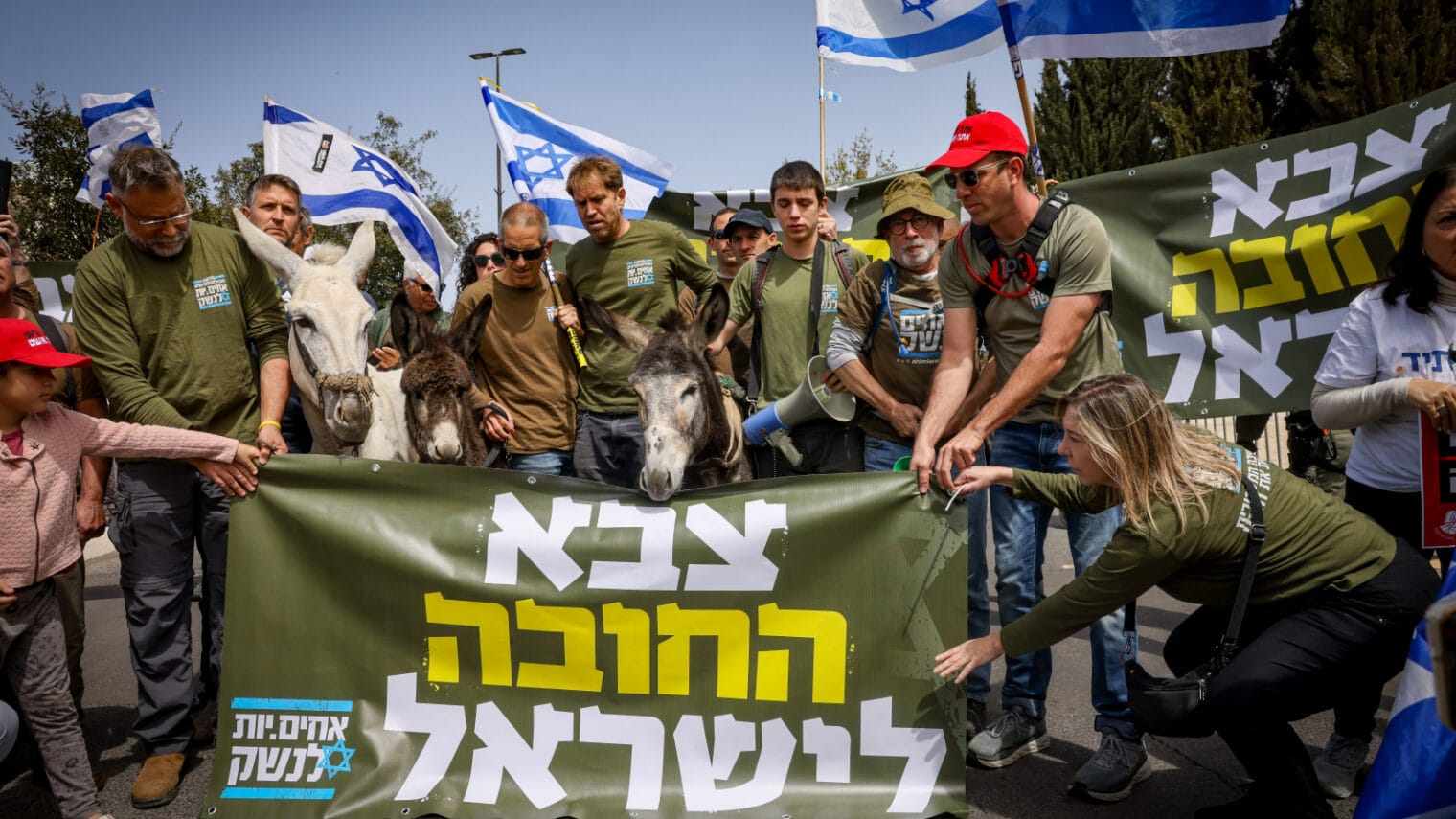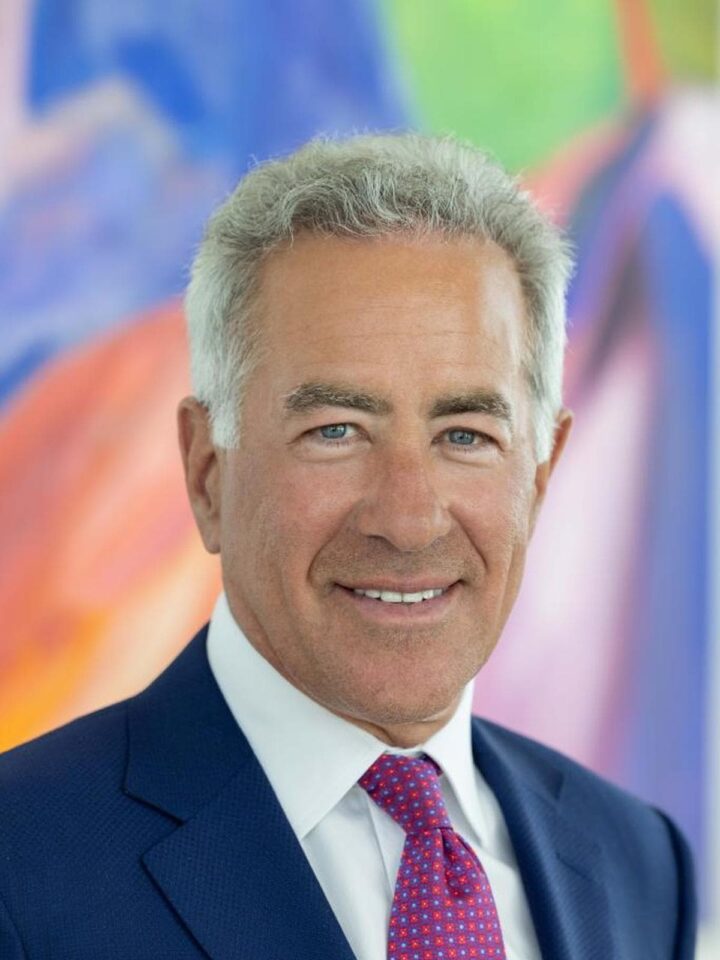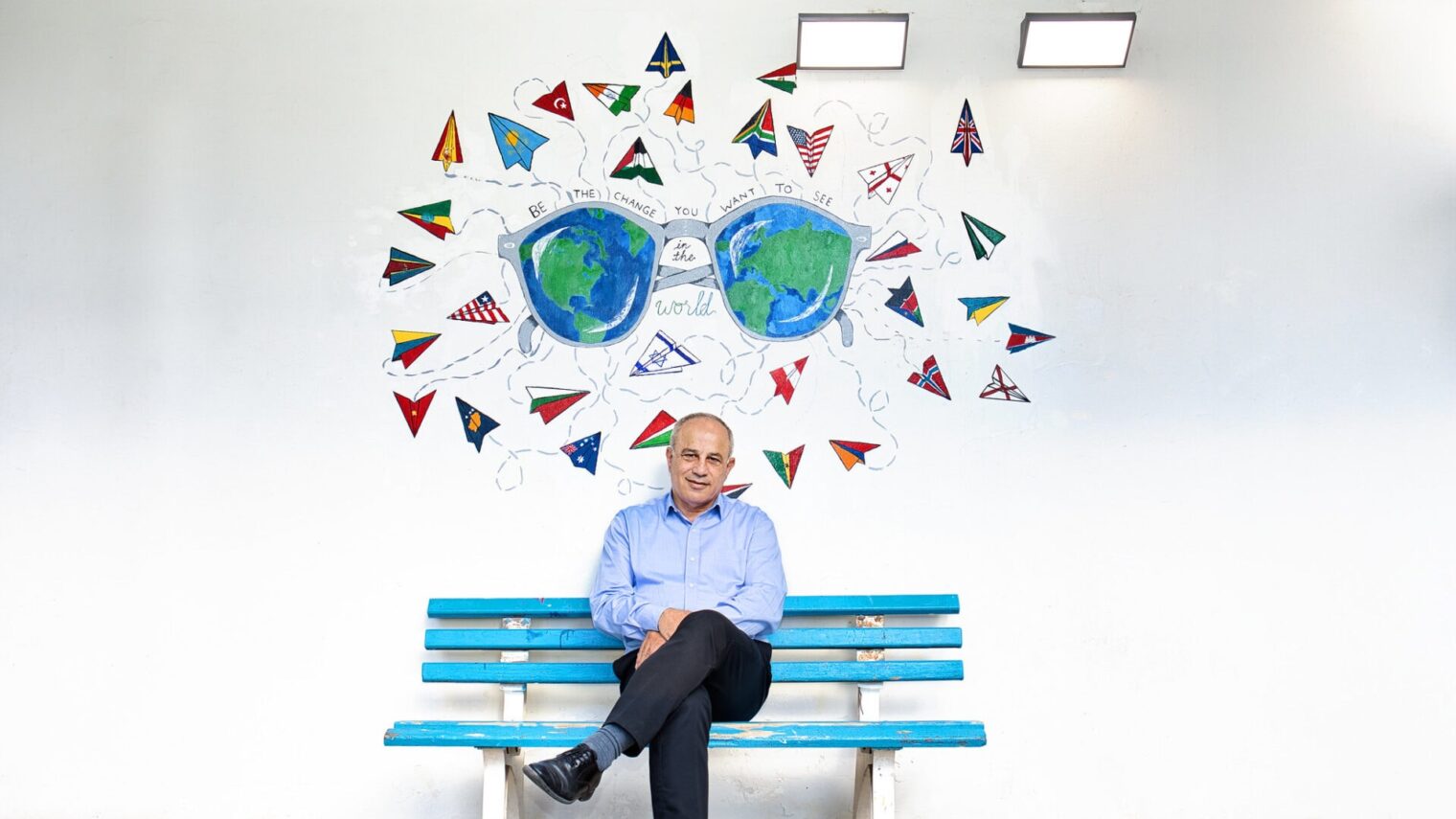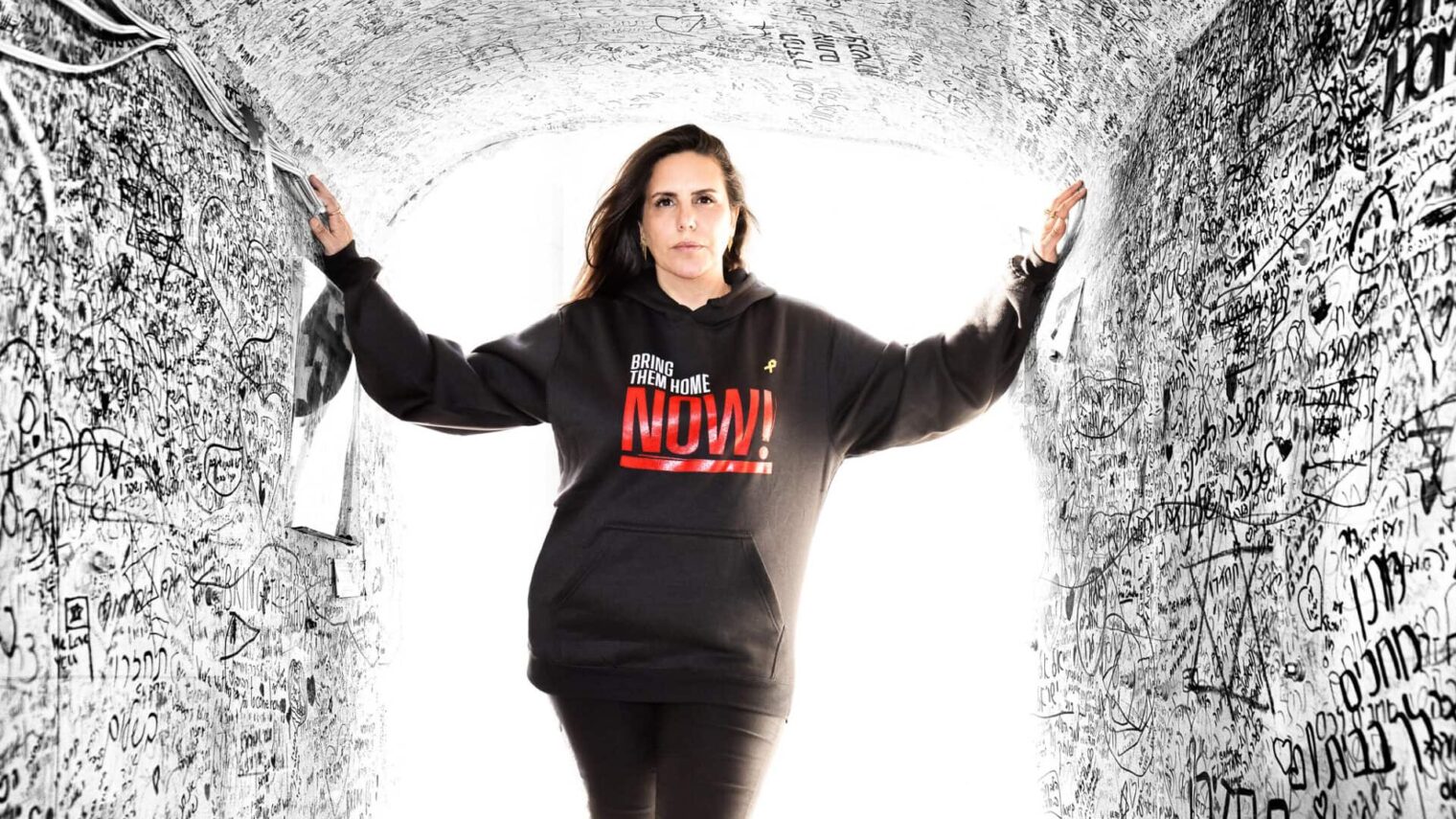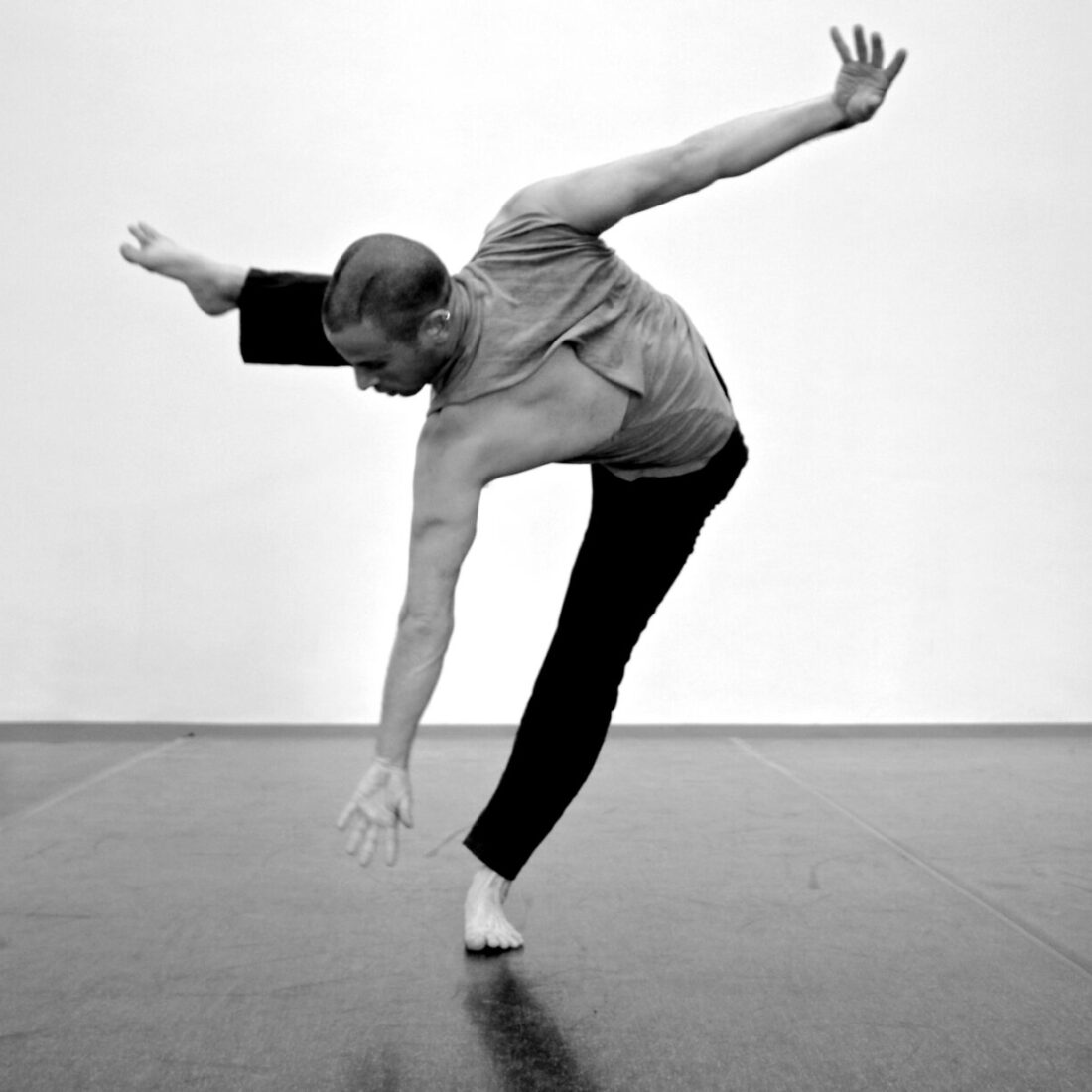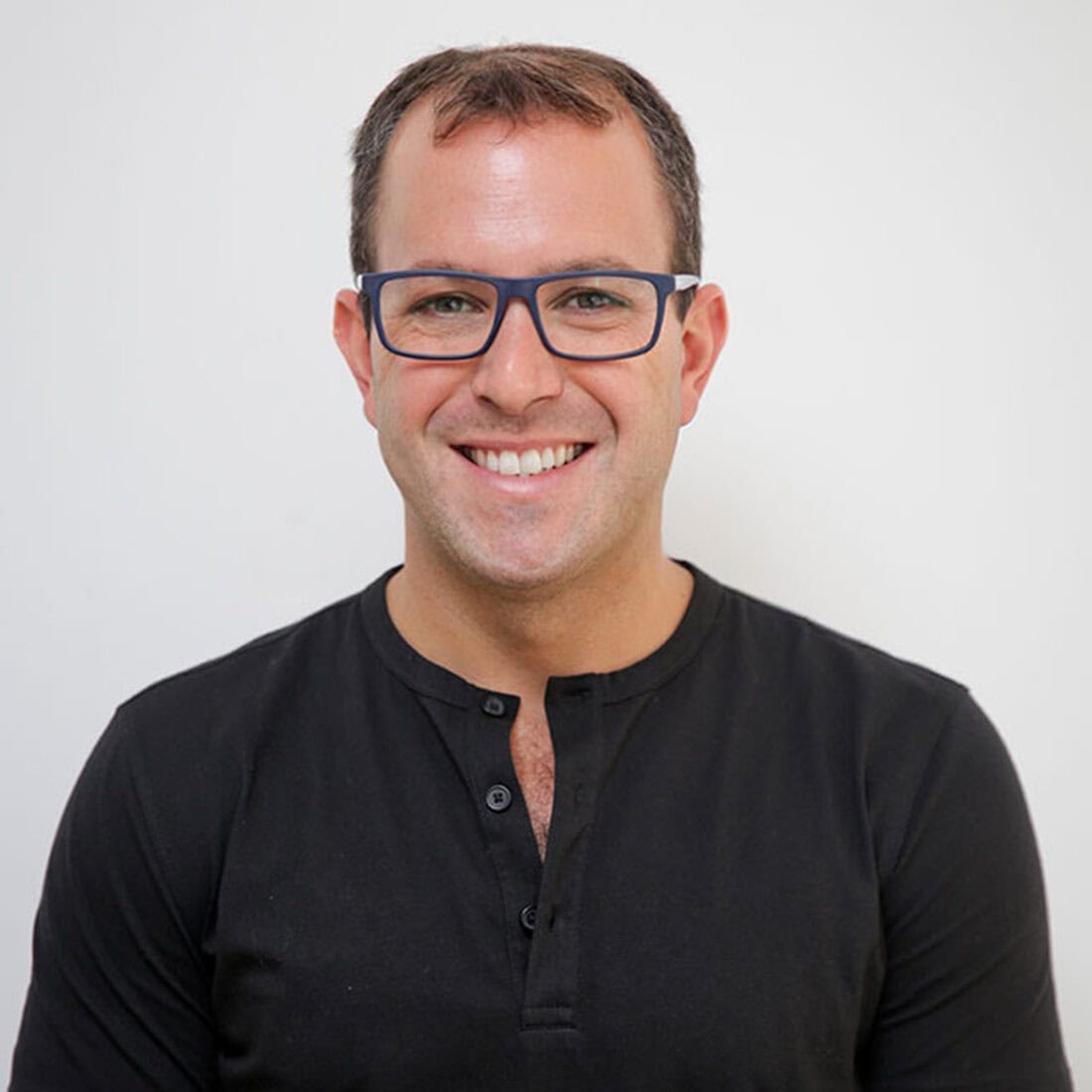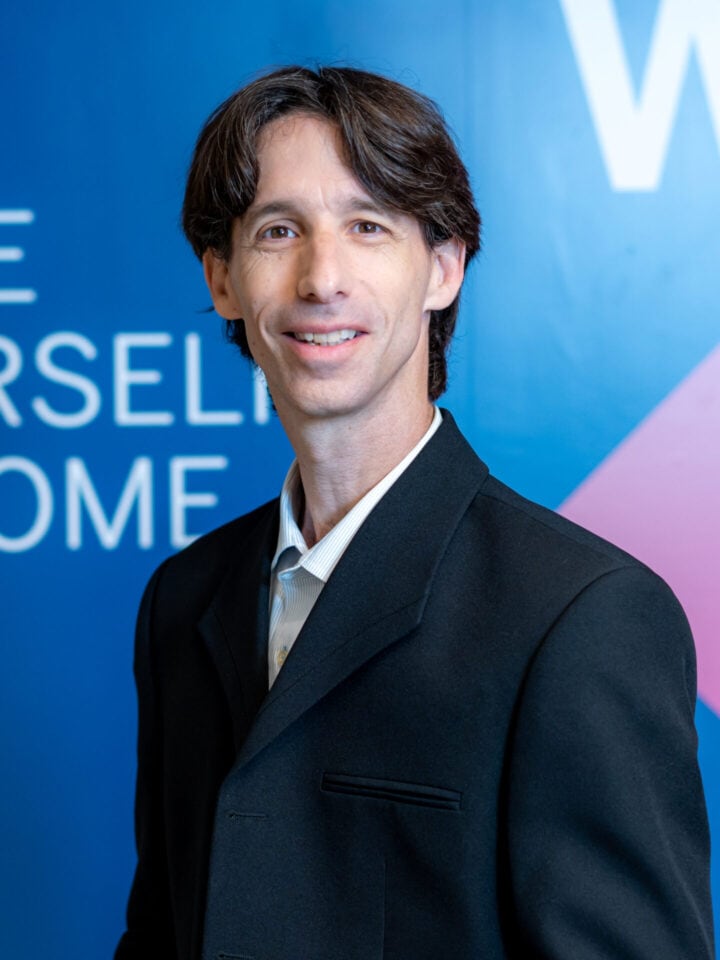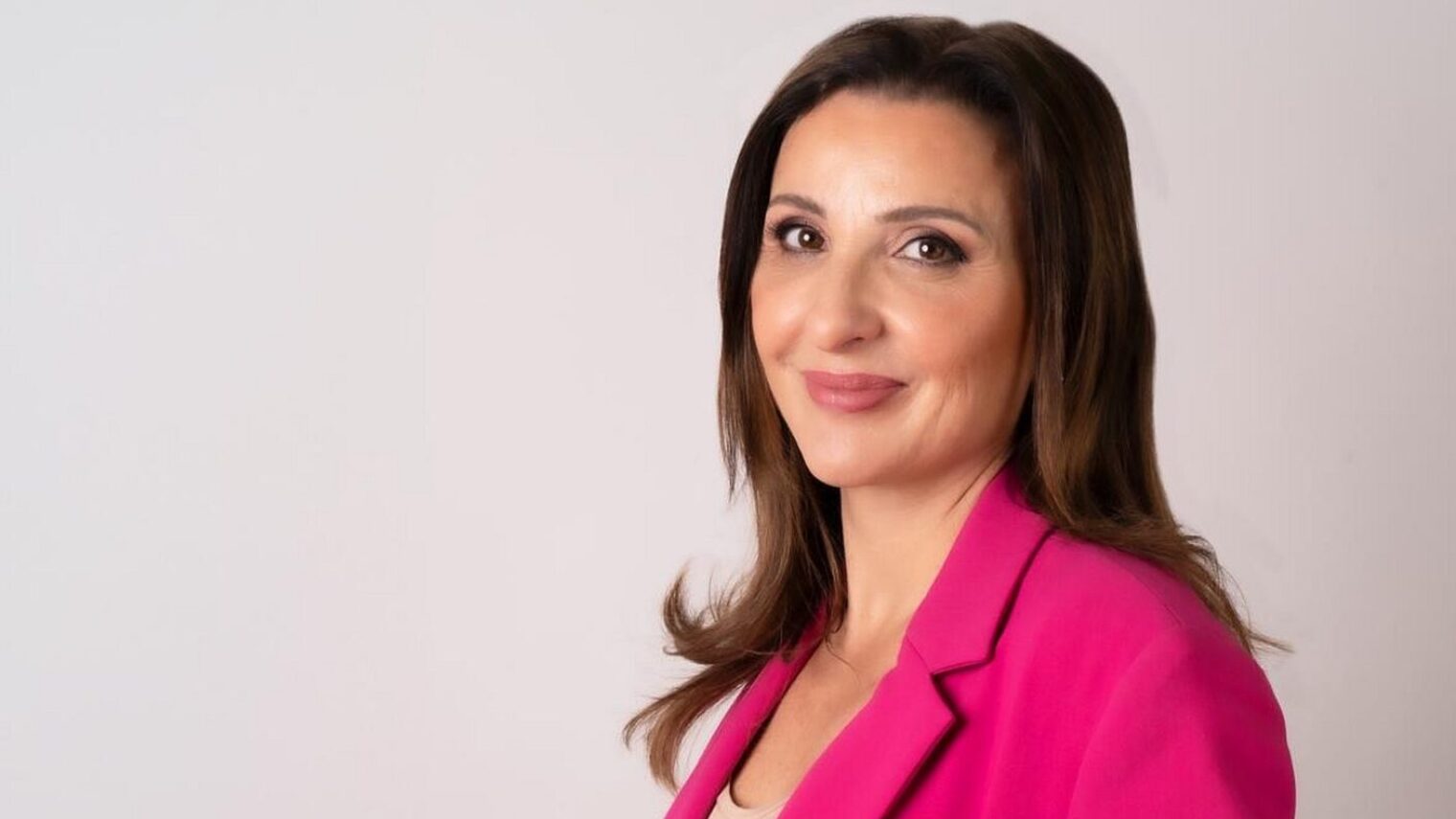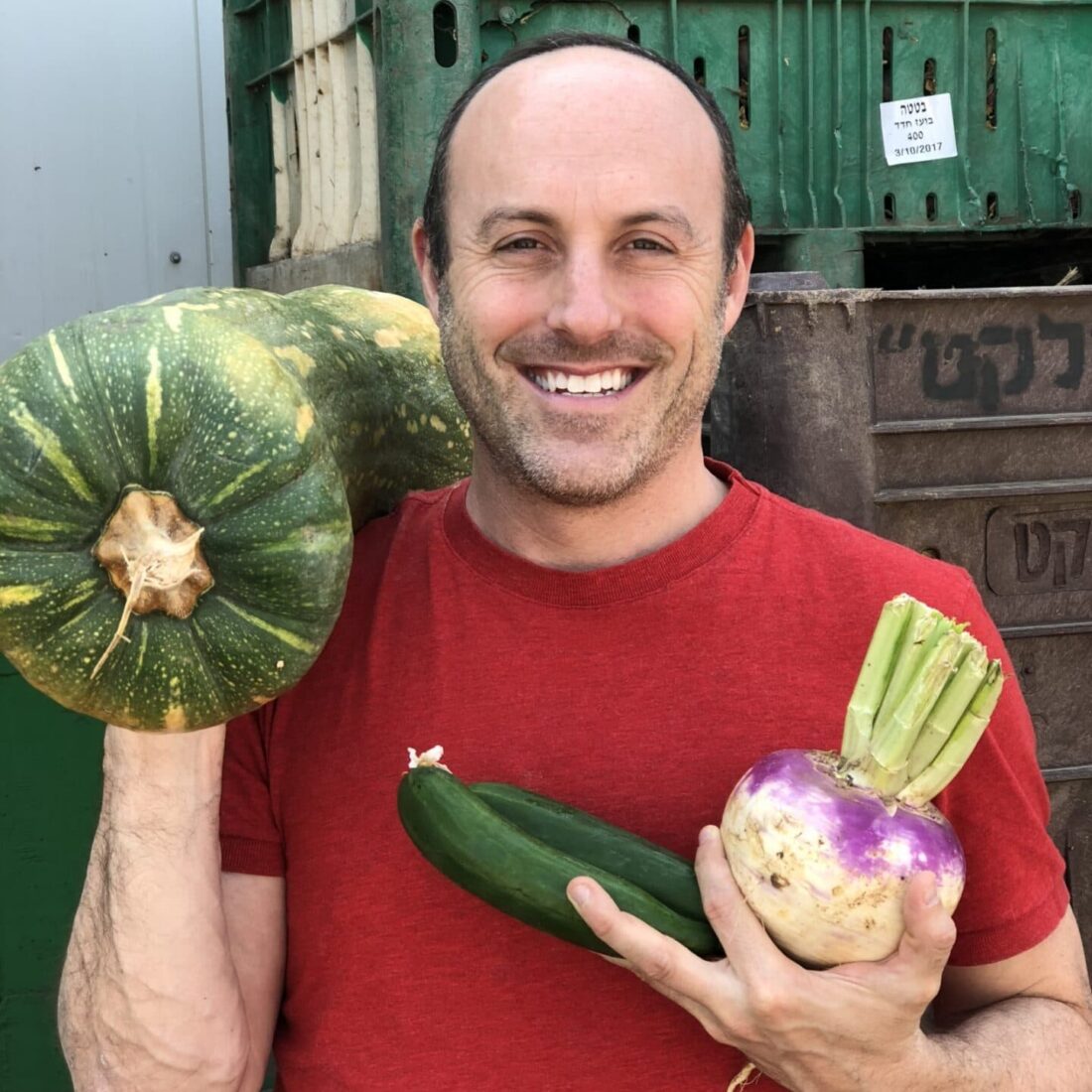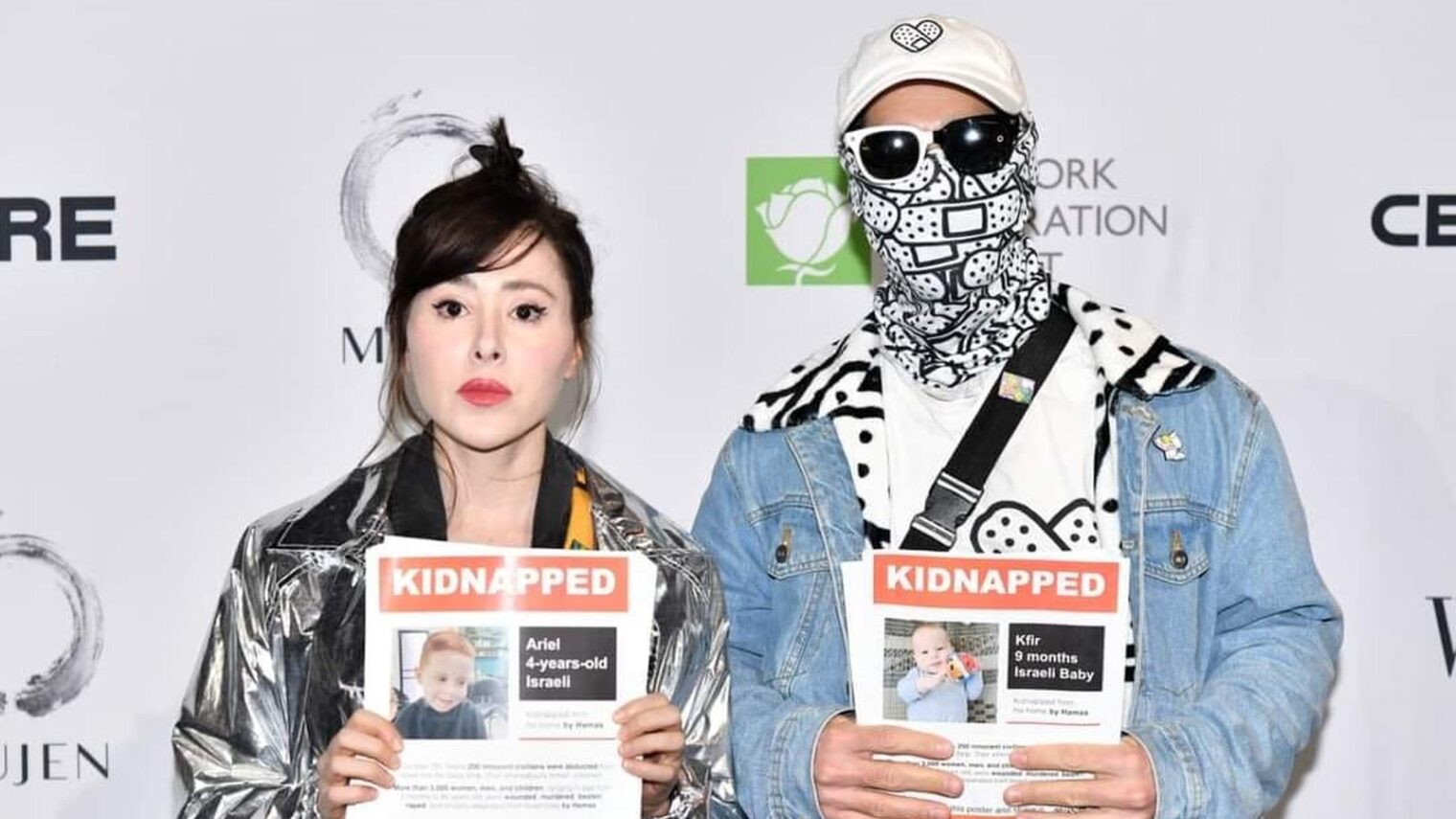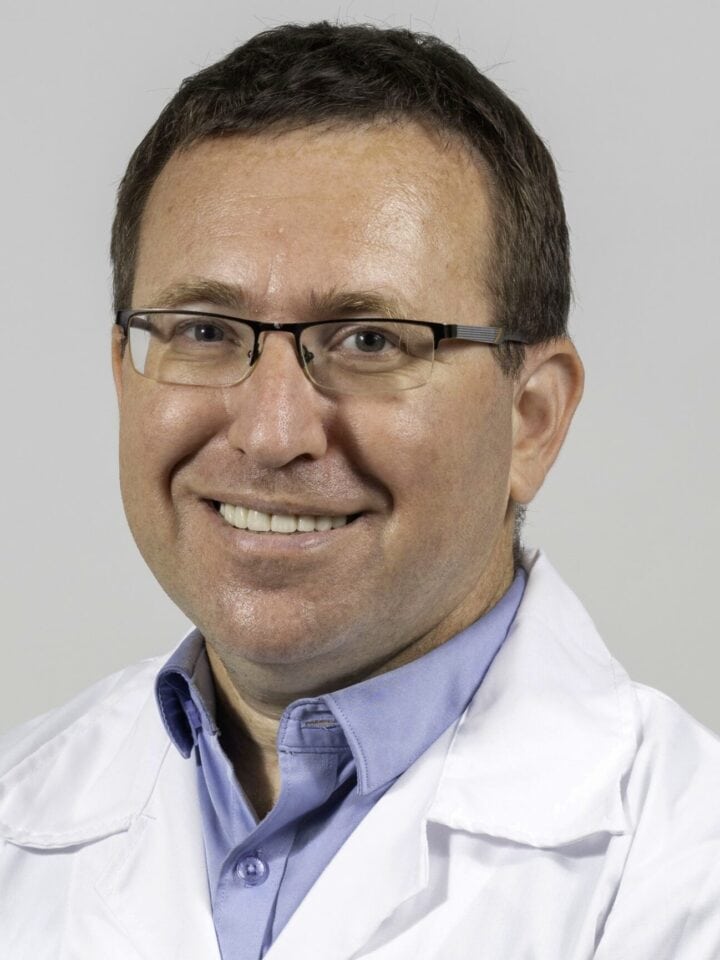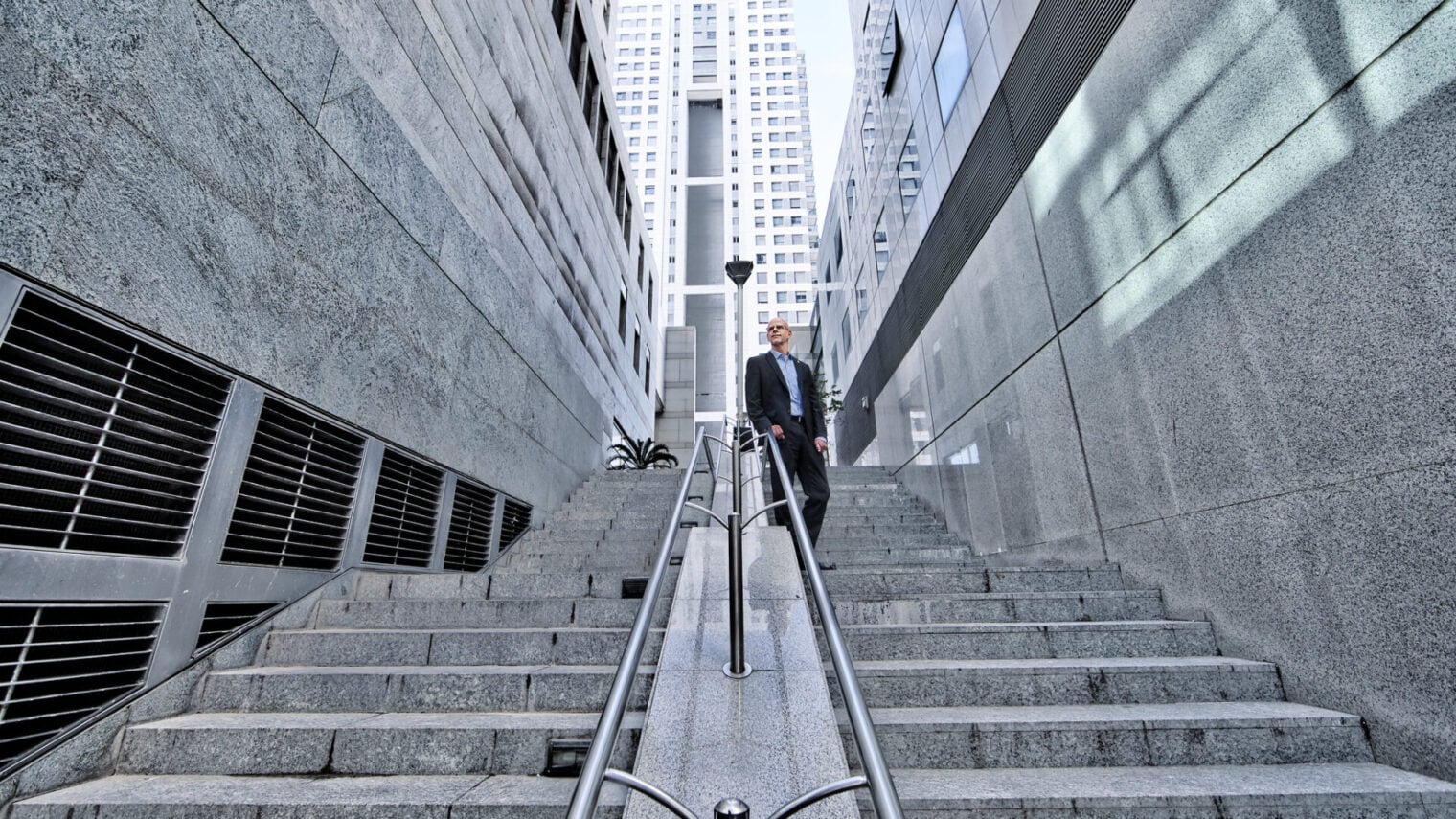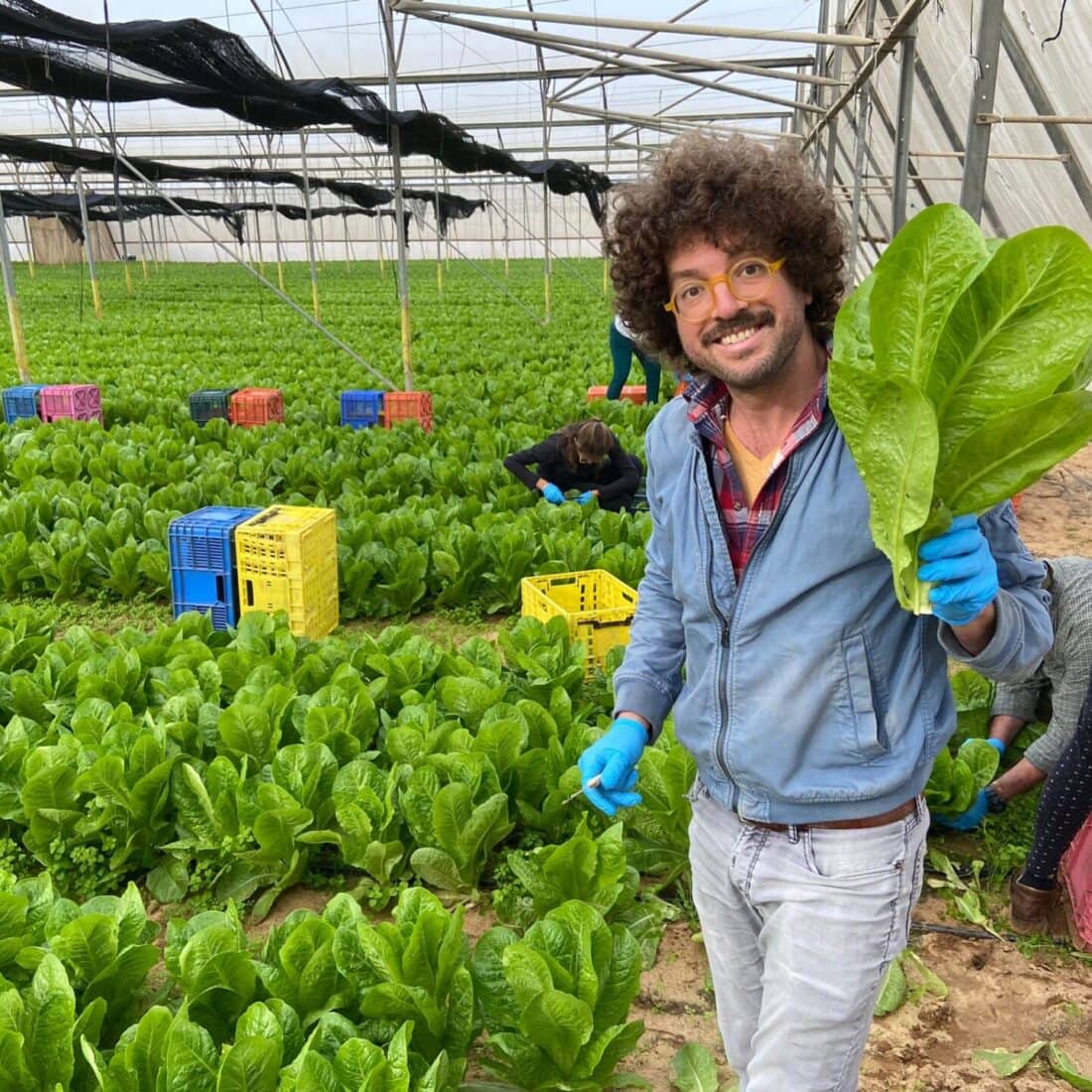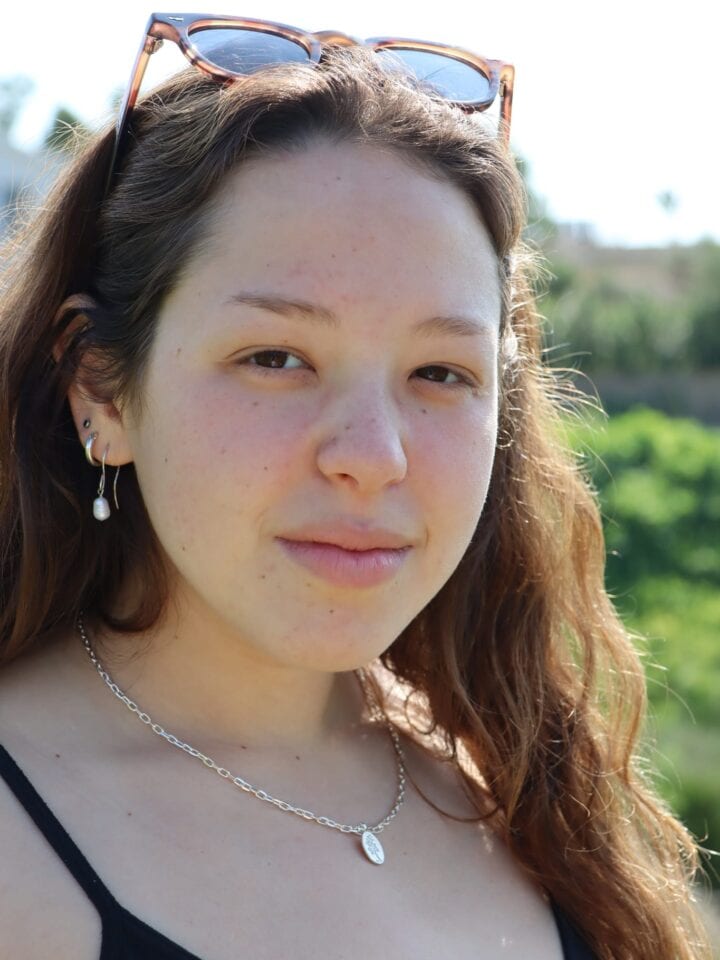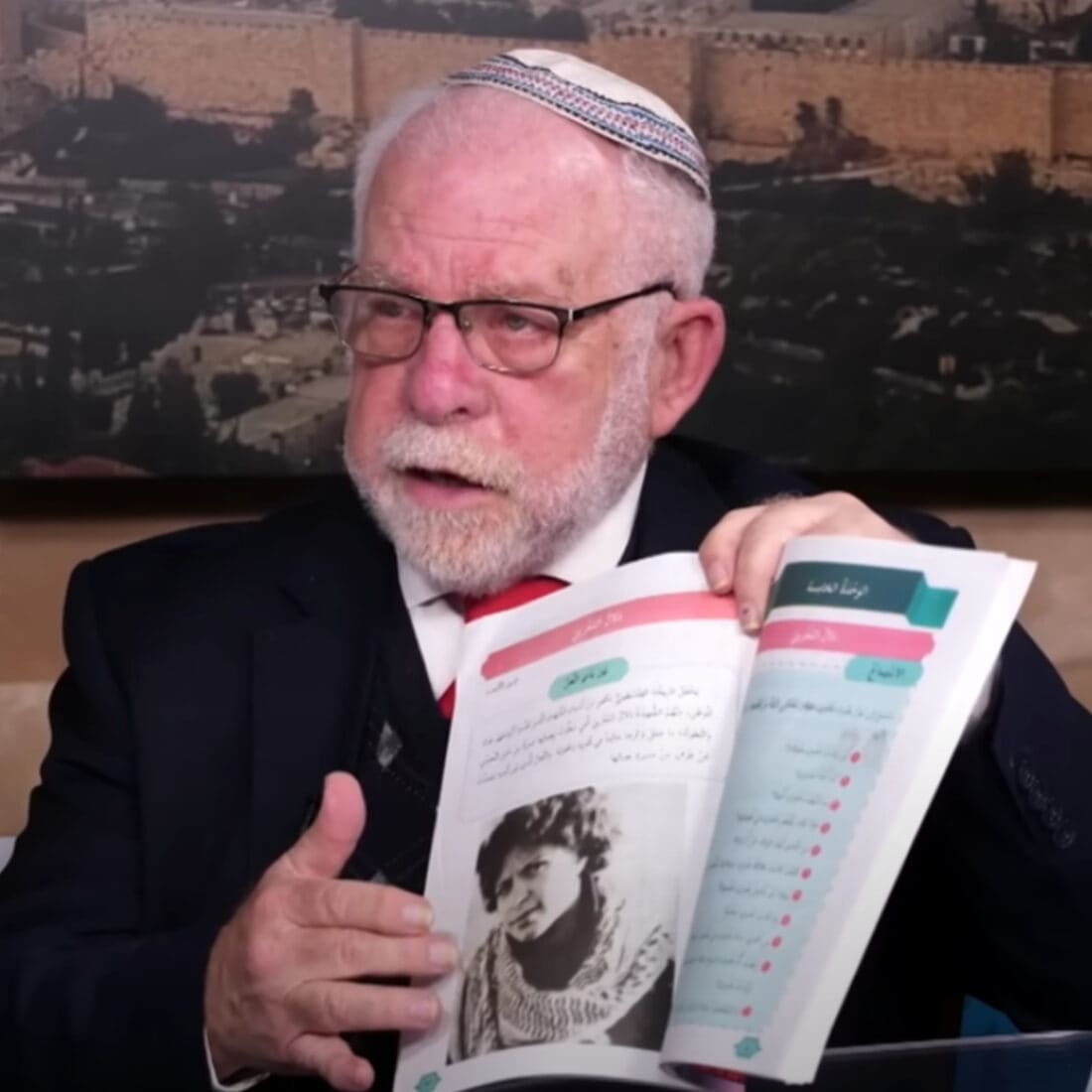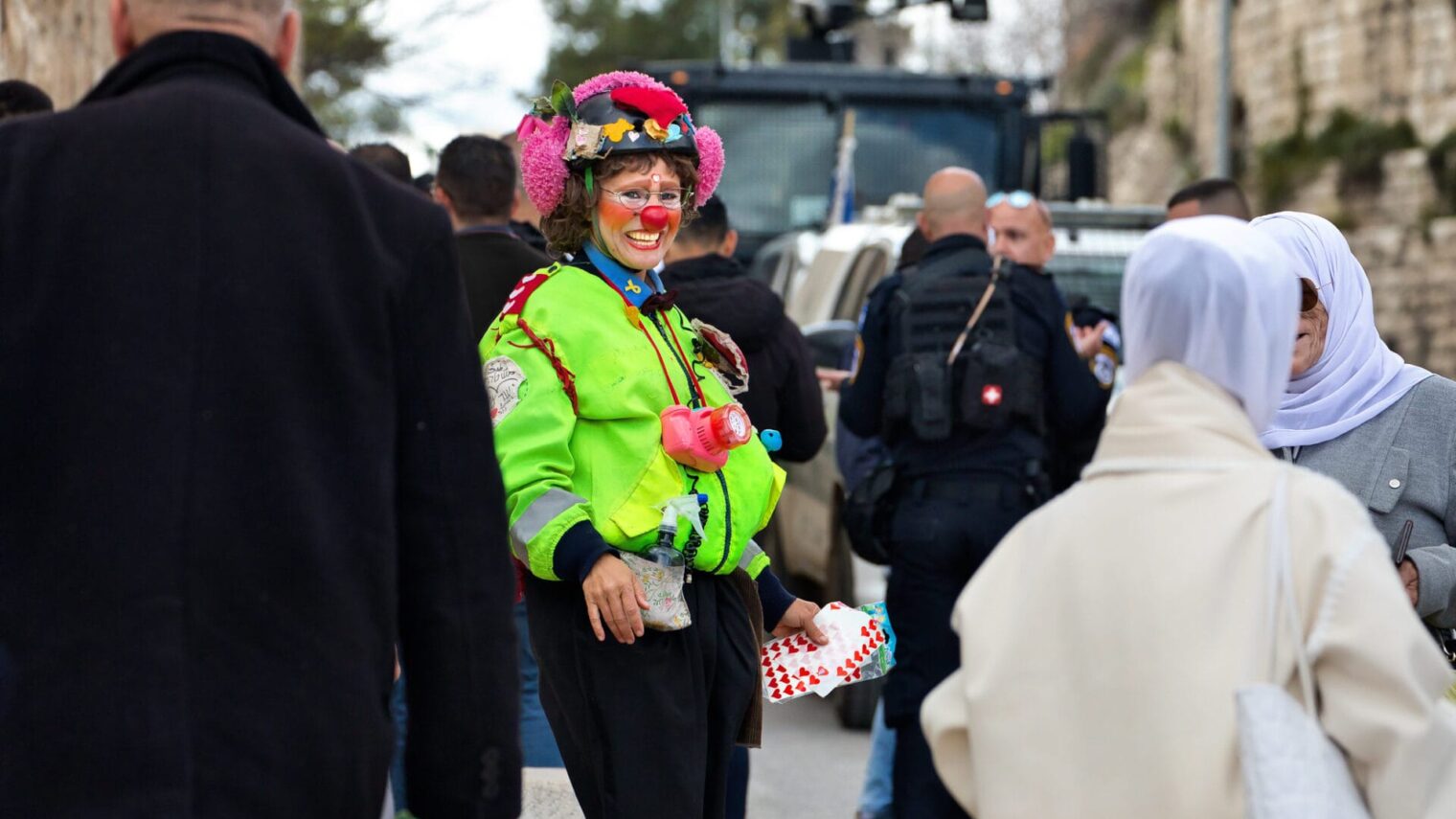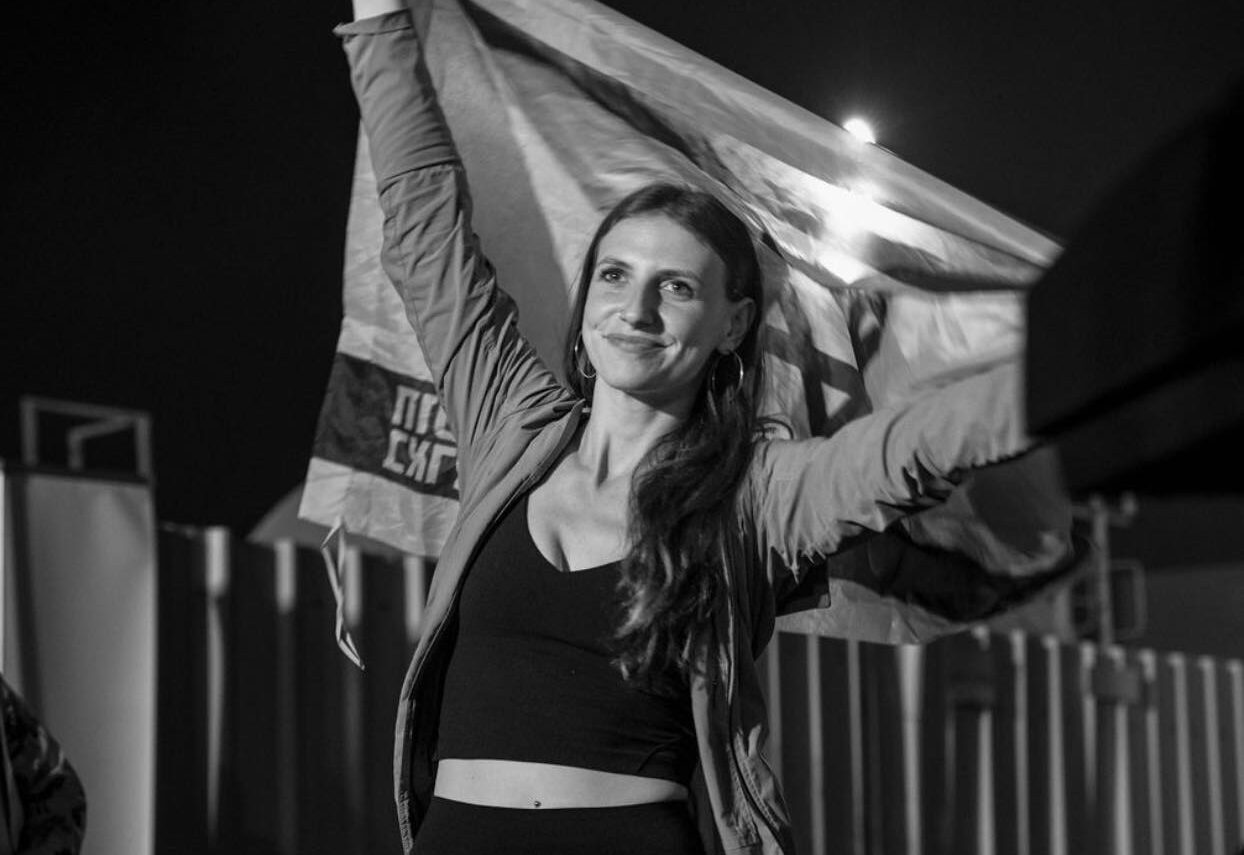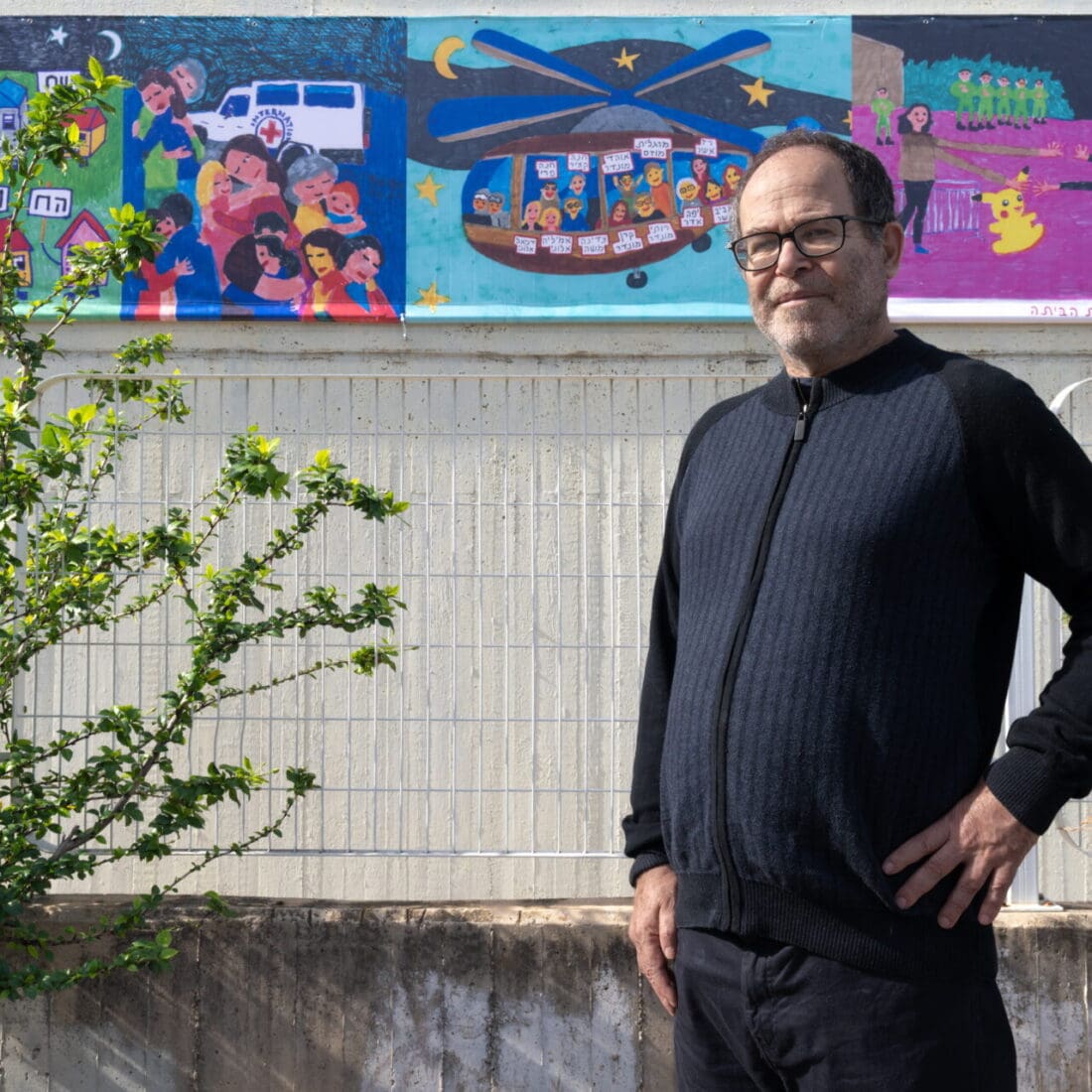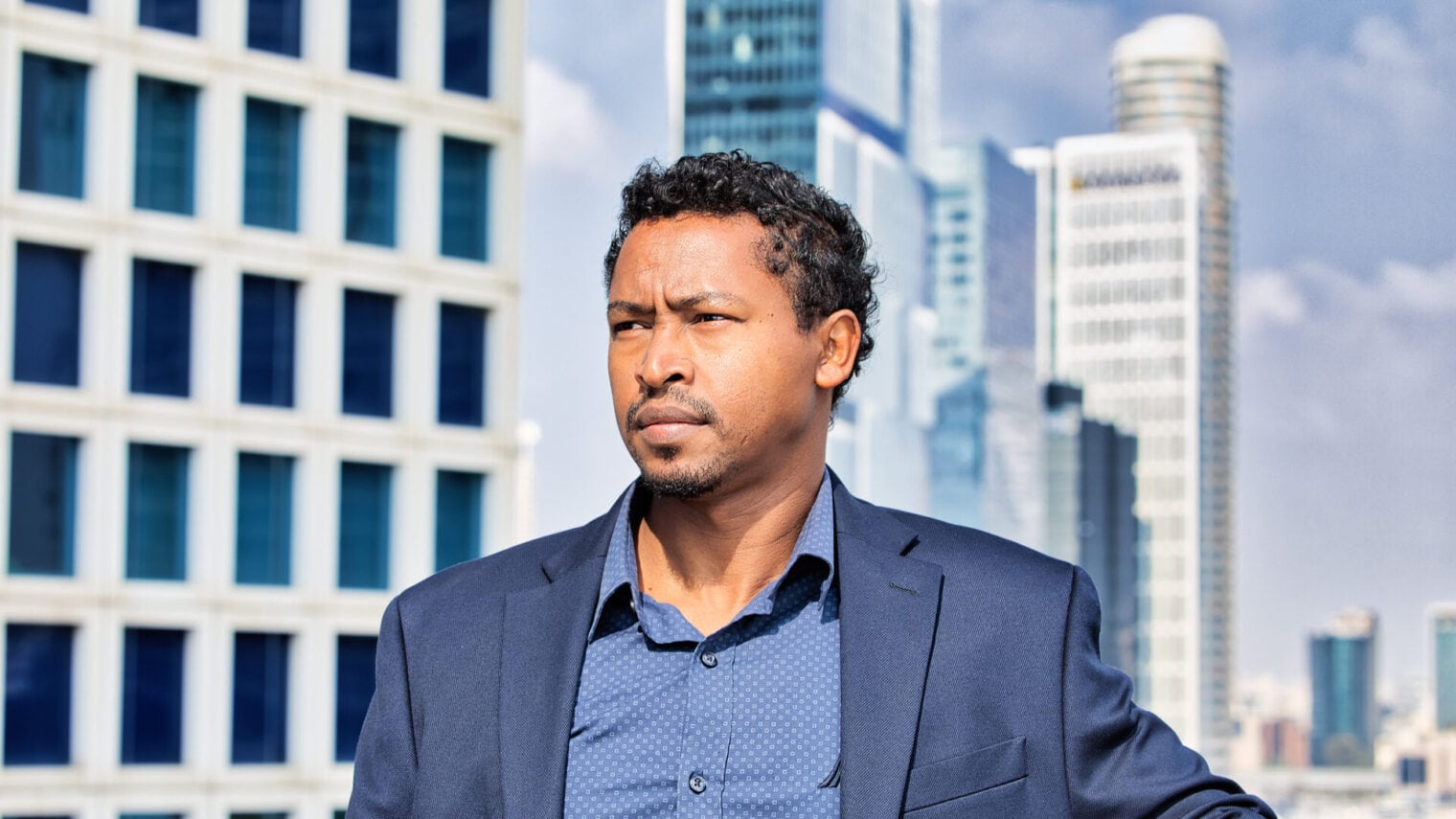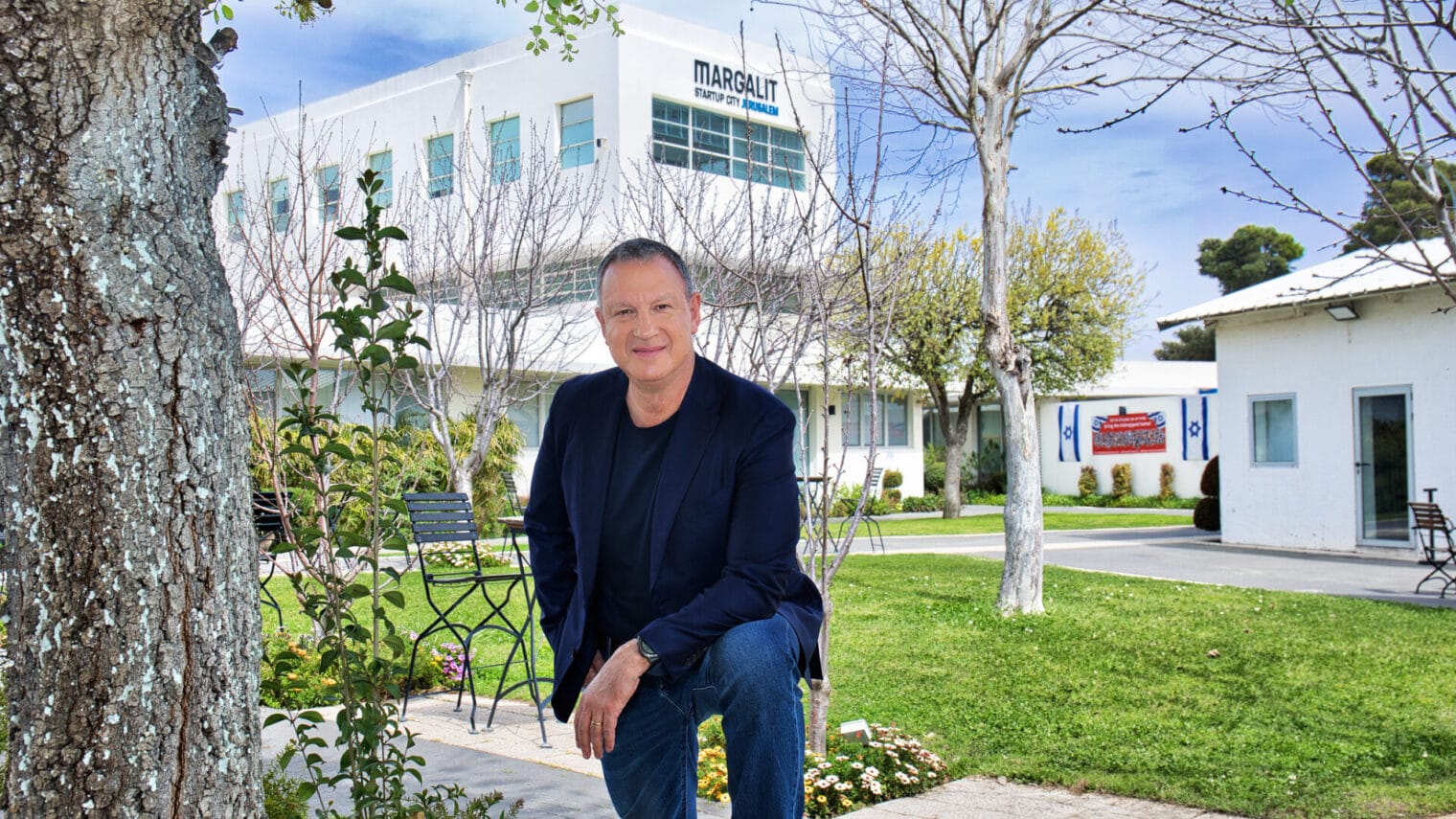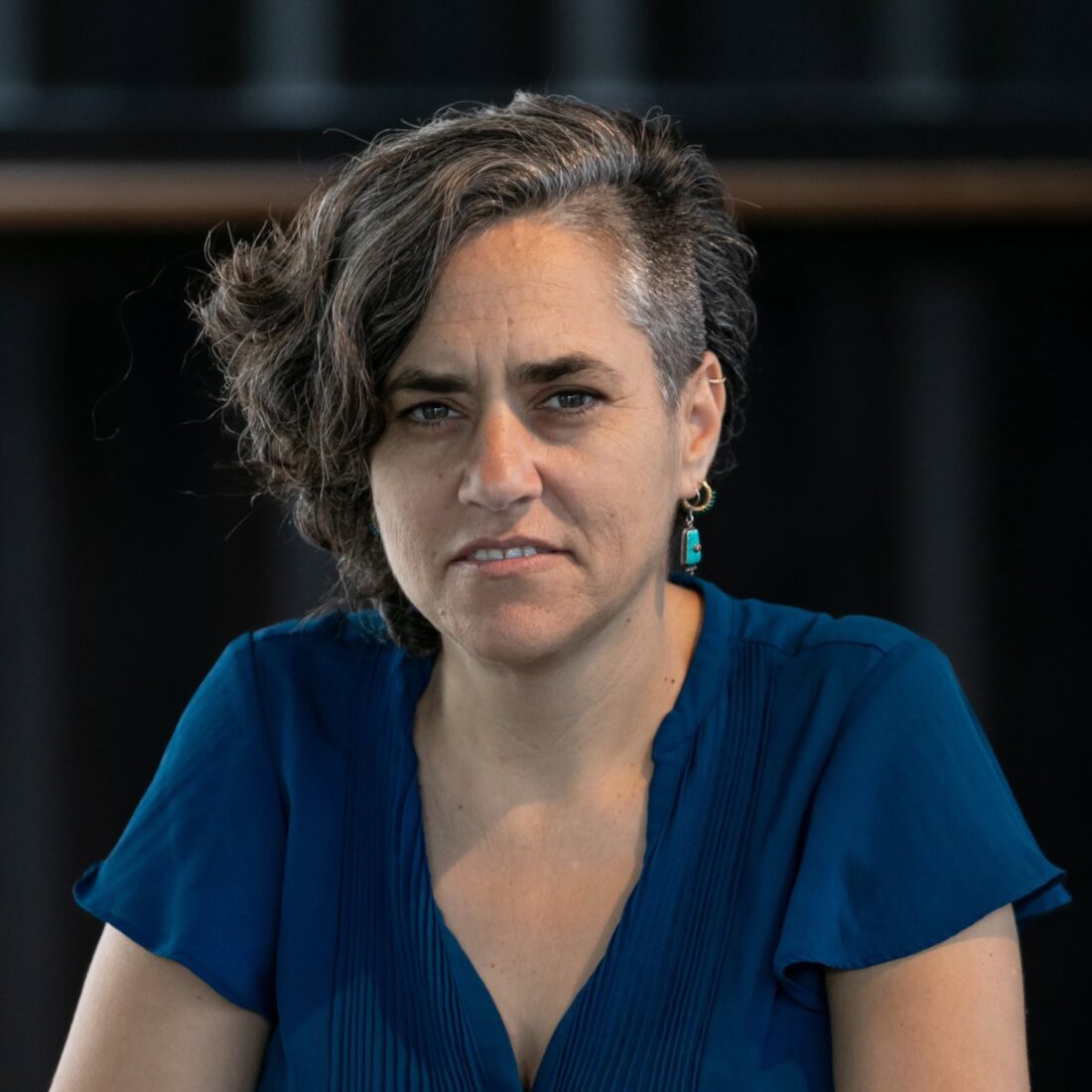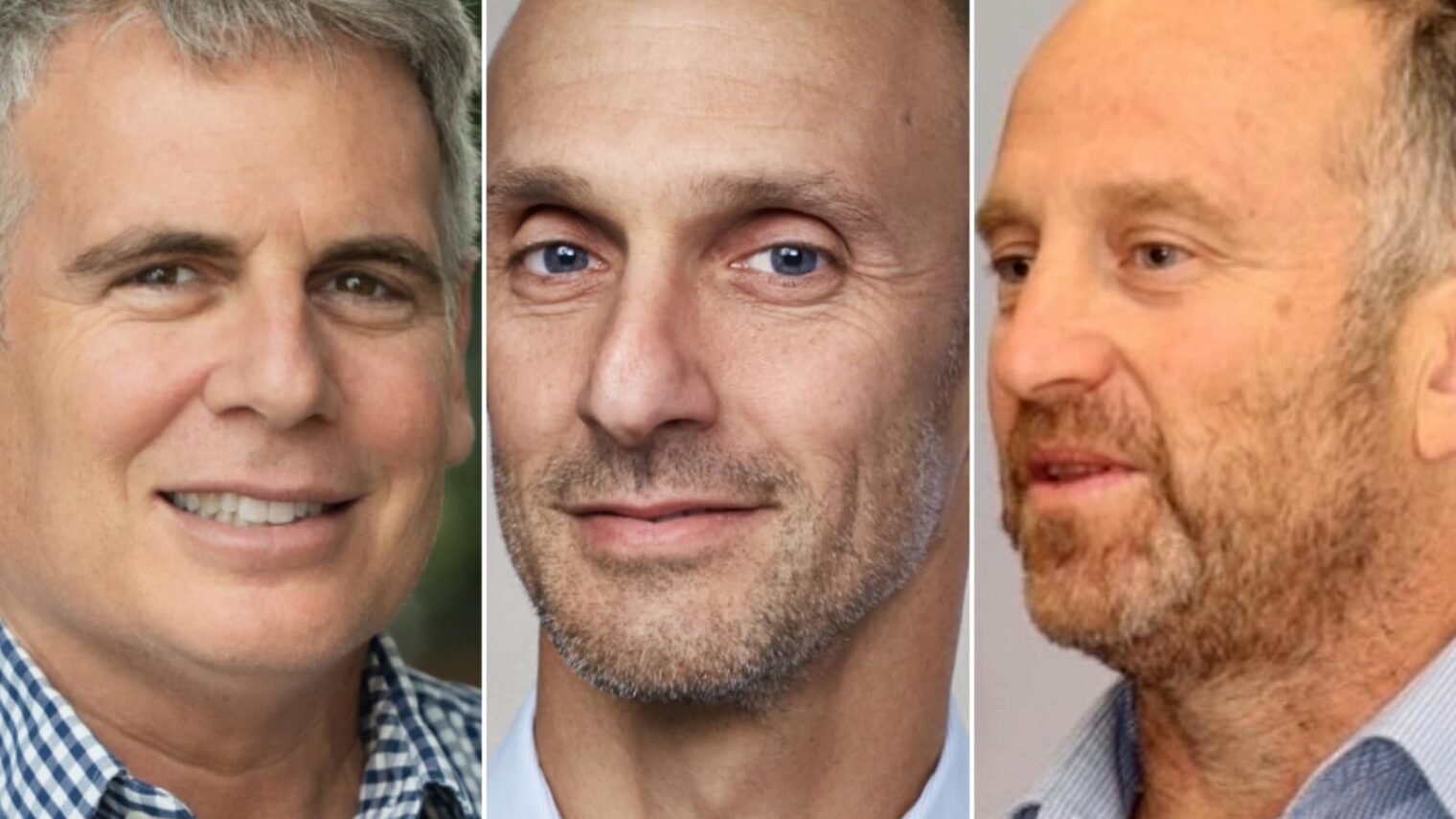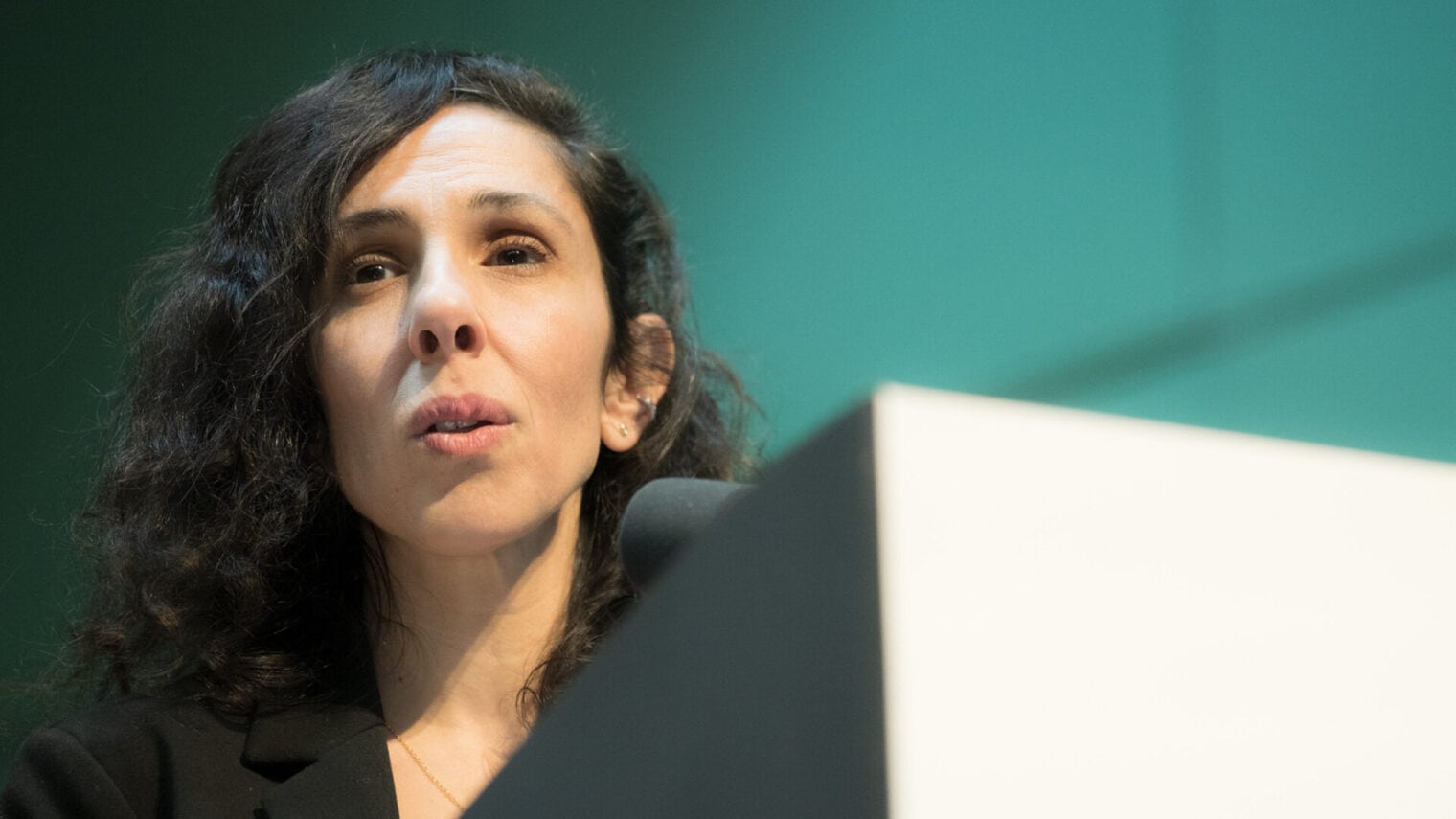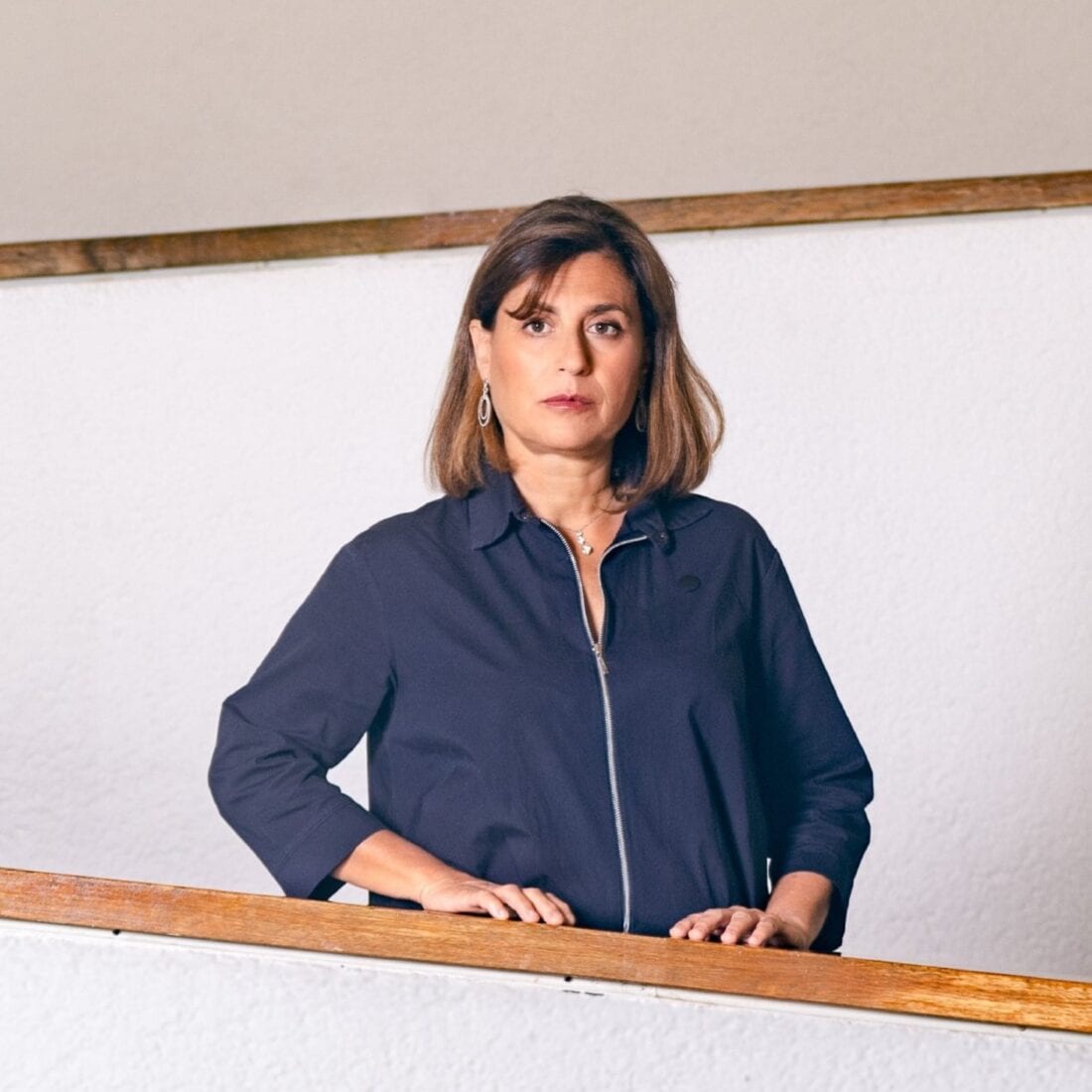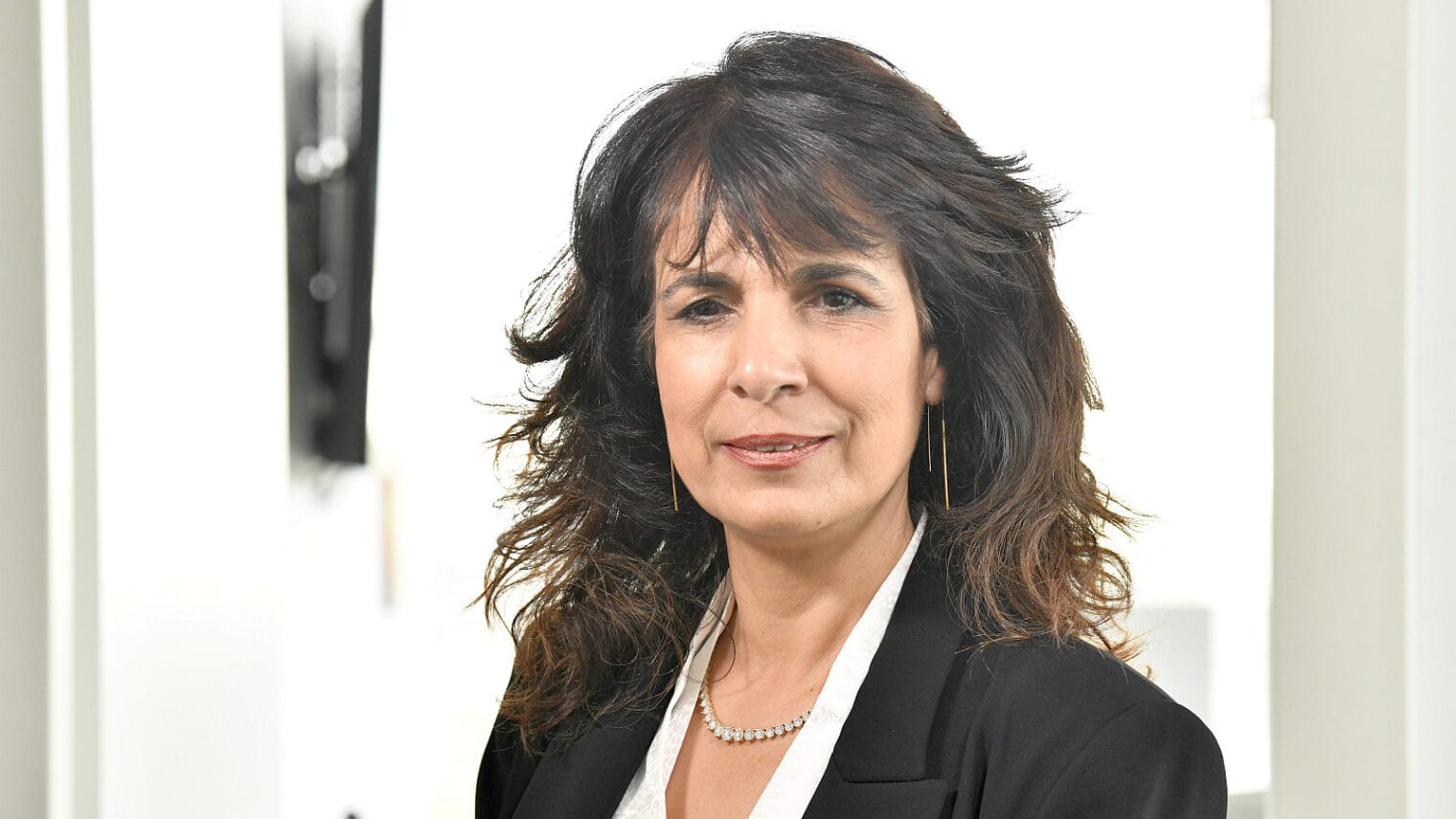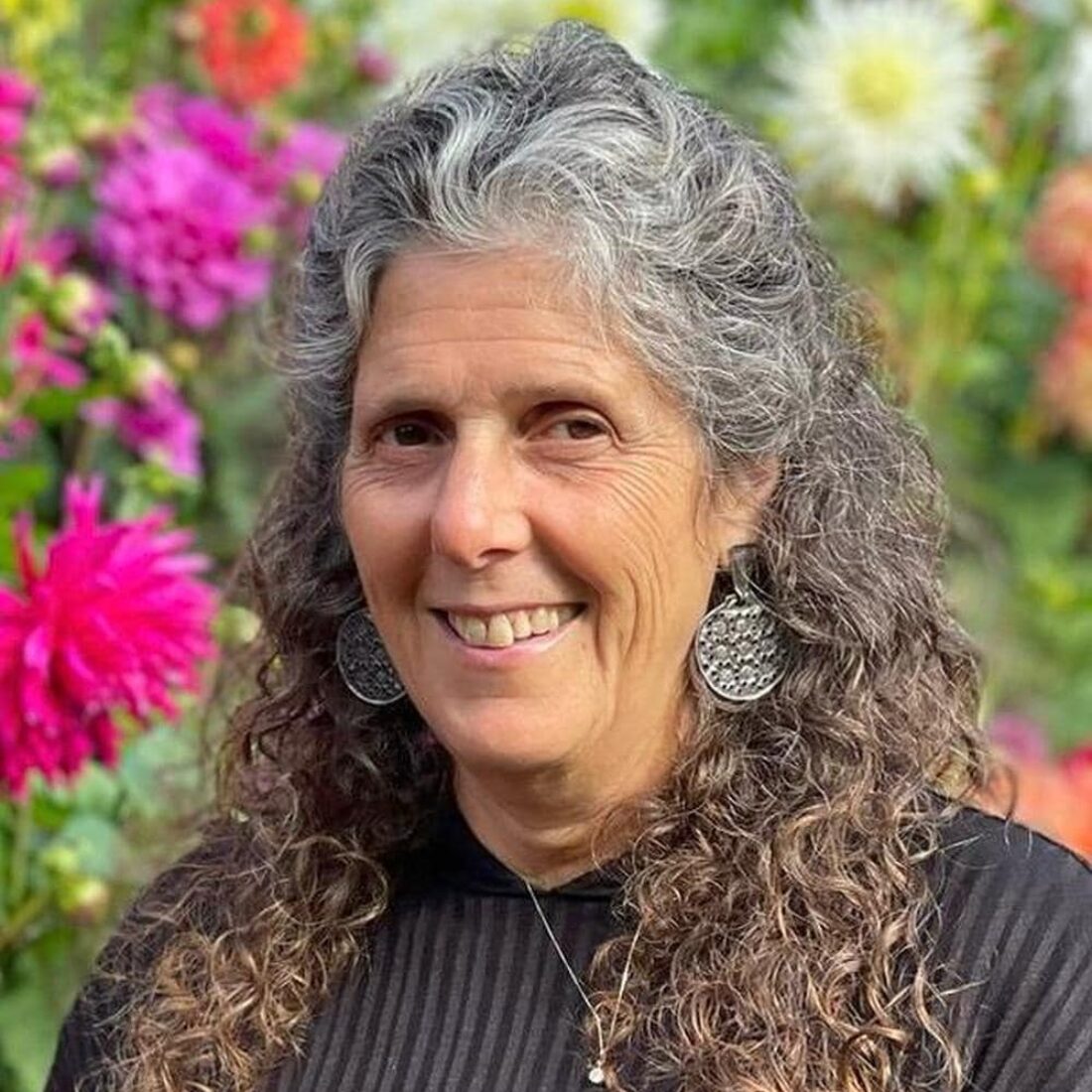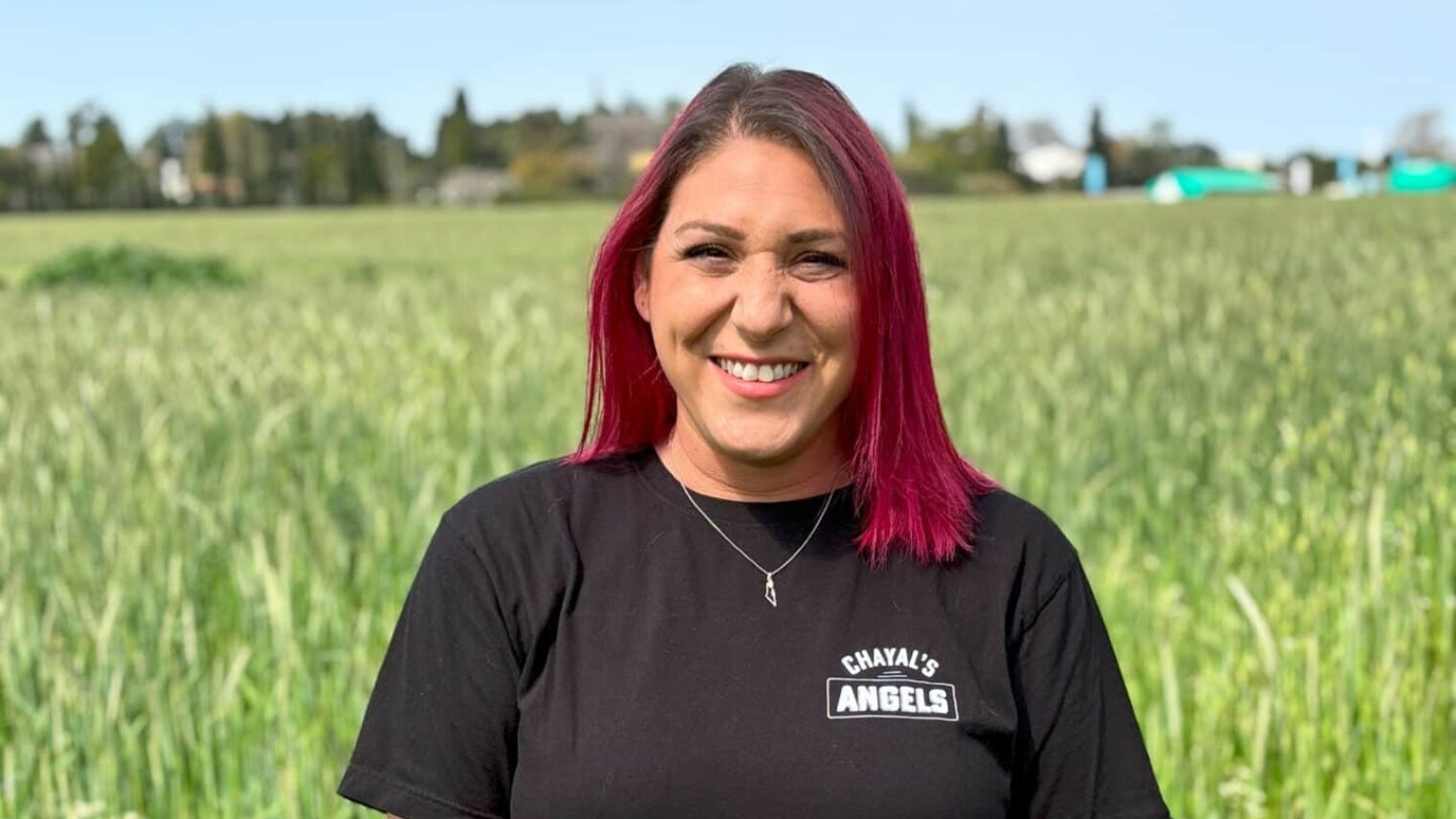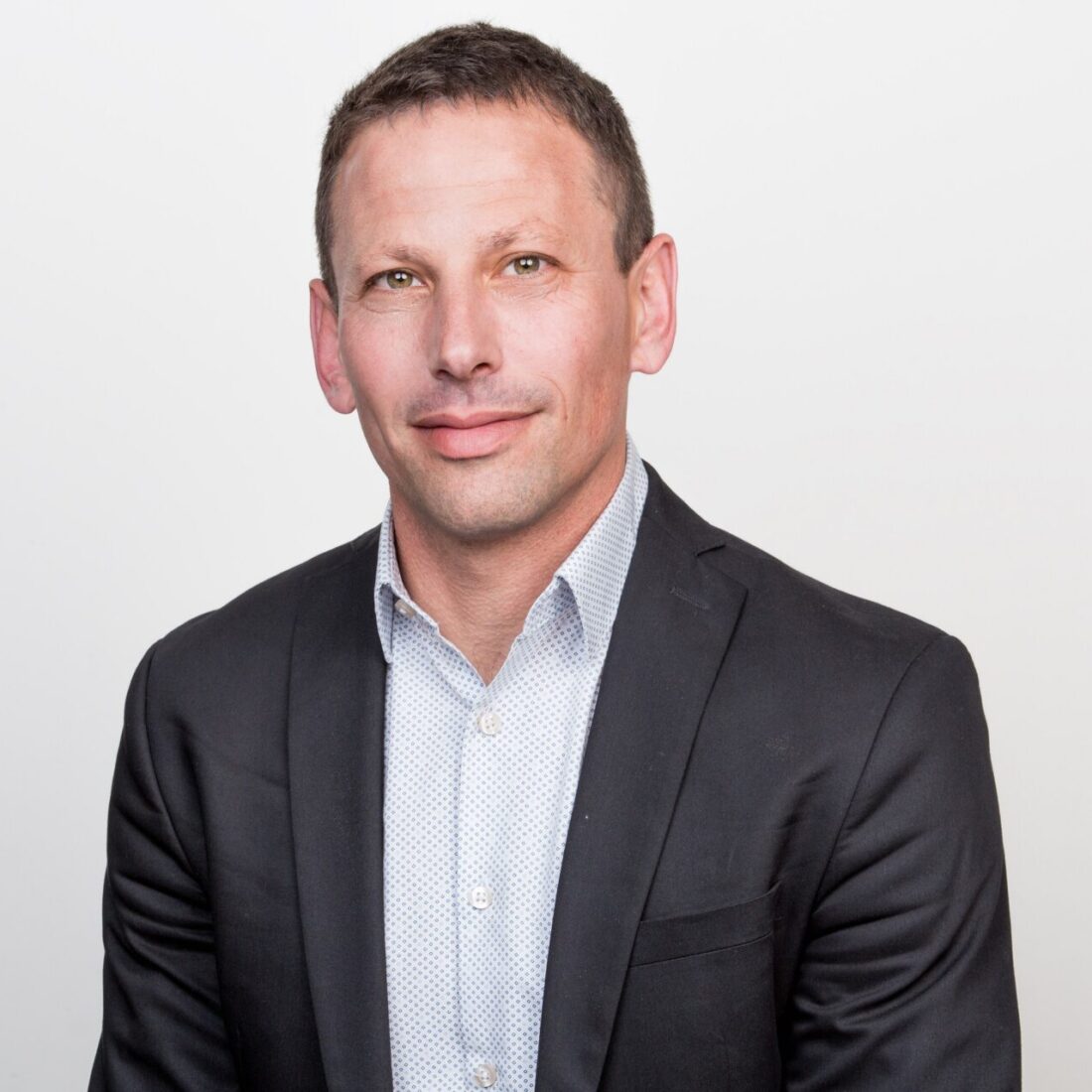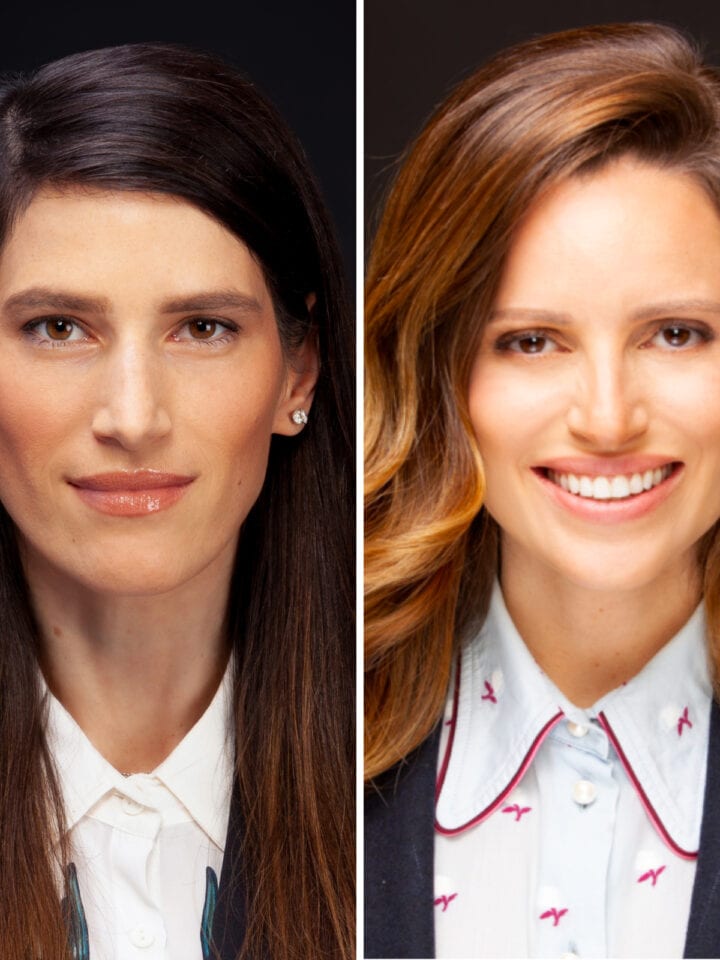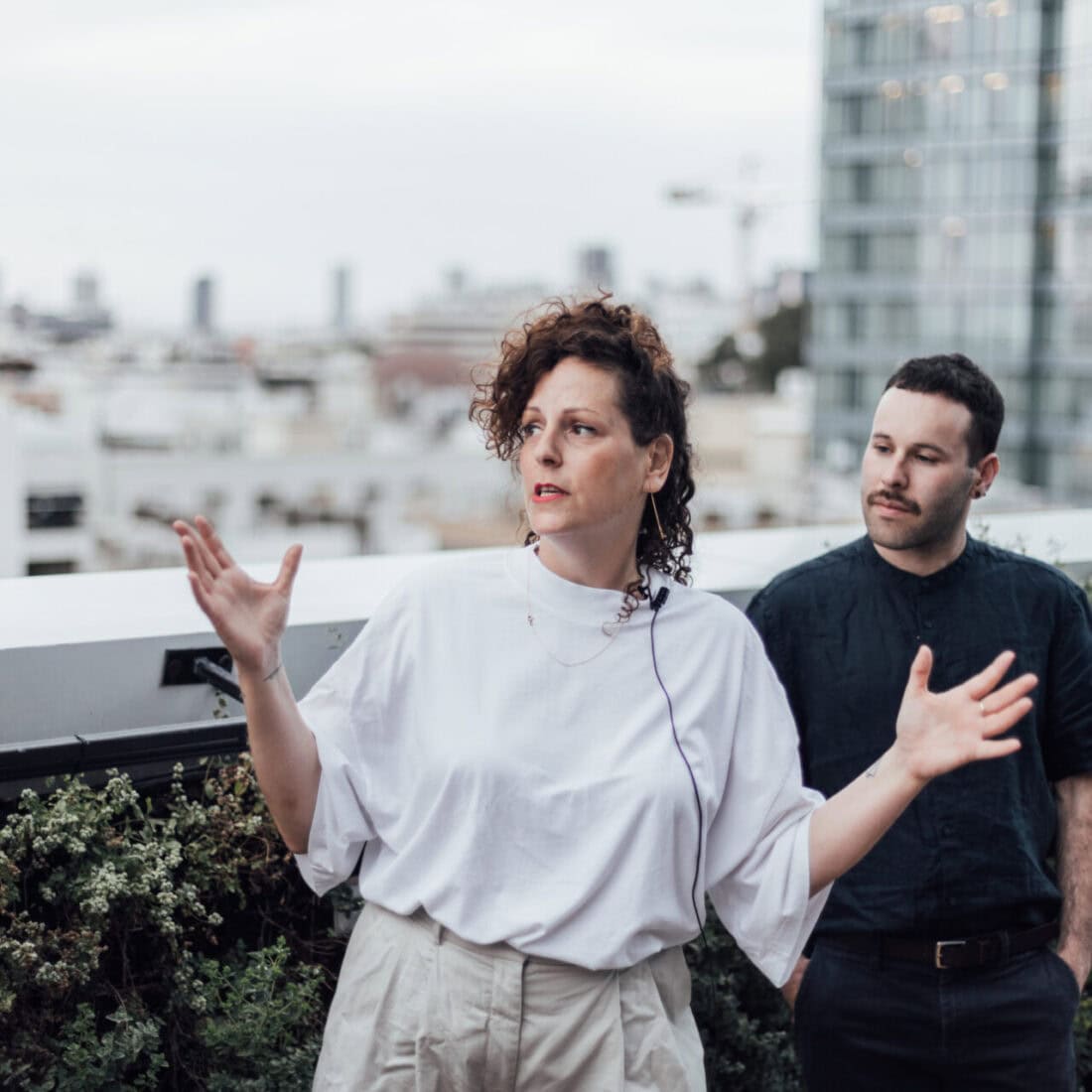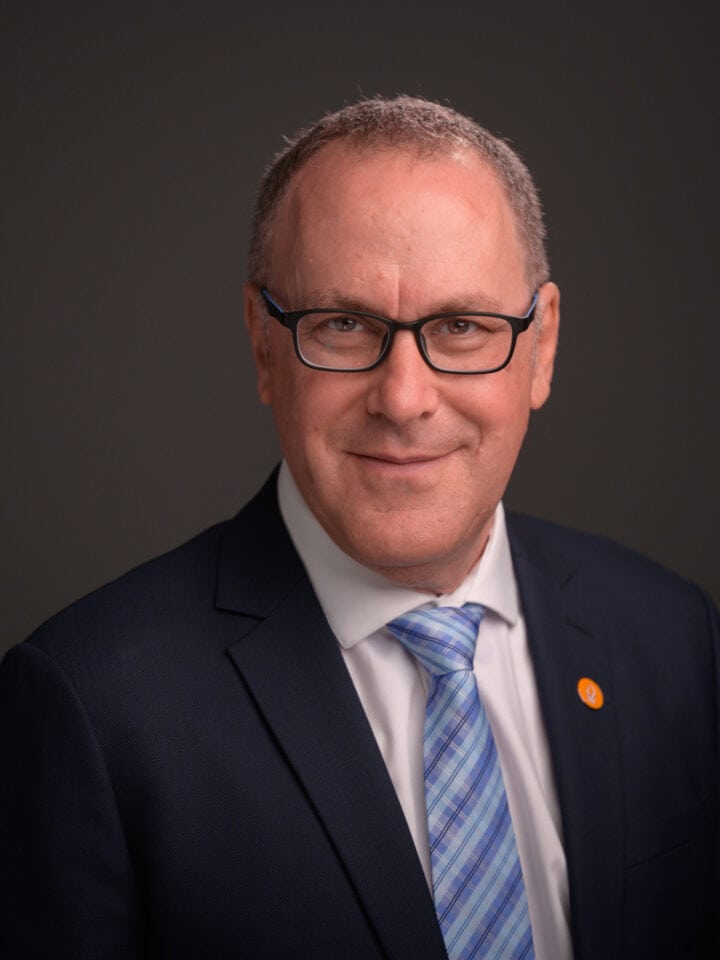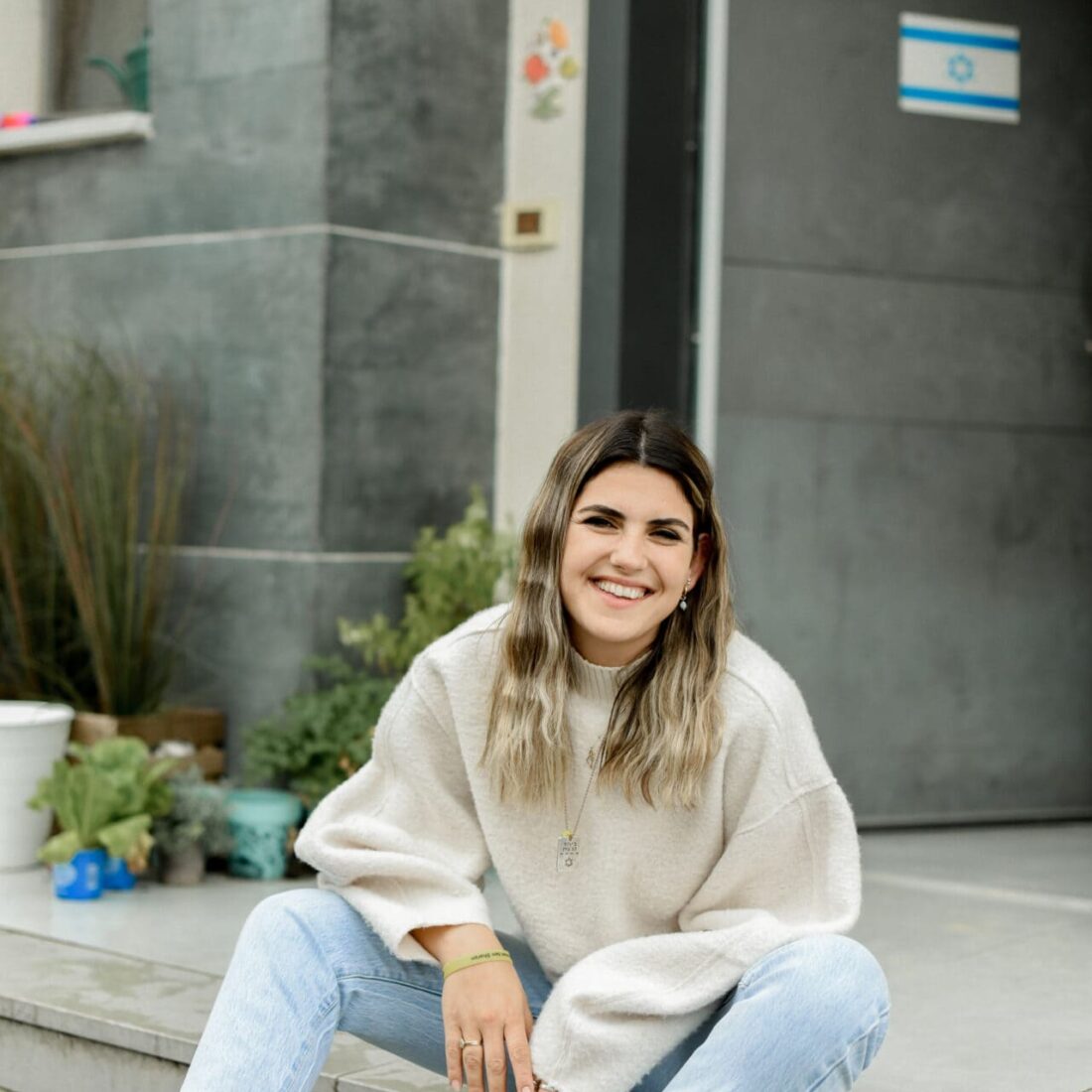Four months after the October 7th tragedy, Arab youngsters from East Jerusalem took on Jewish teams in a soccer tournament.
It was organized by The Equalizer, a non-profit that offers a sense of purpose to boys and girls on Israel’s social or geographic periphery.
The tournament, at a stadium in Jerusalem, was no different from many hundreds of others that have been played since the organization was founded 15 years ago.
And that’s the whole point. The Equalizer, which takes its name from a goal that levels the scoreline, gives underprivileged youngsters an opportunity to shine regardless of their background – secular to ultra-Orthodox Jews to Christian, Bedouin and Druze Arabs.
Within days of October 7th, youngsters were attending virtual training sessions (produced by The Equalizer originally during Covid) via Zoom and within weeks they were being coached on pitches close to bomb shelters.
“We had managers who were evacuated and they spontaneously went to the hotels where the displaced families were, and started doing sports sessions with the kids,” says Yaniv Kusevitzky, the group’s director of finance and partnerships.
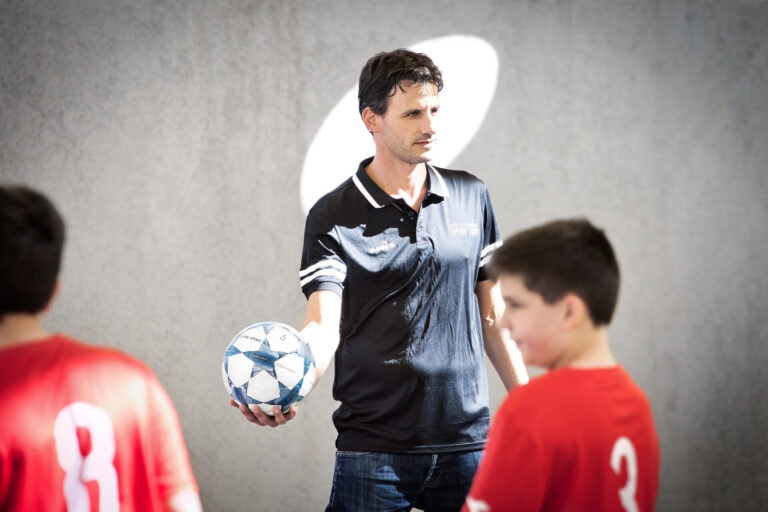
“After two or three weeks we started working with local authorities and building teams because we understood this would be long-term.”
Kusevitzky is helping to change lives through soccer, building kids confidence so they can succeed on the pitch and thrive at school.
It’s a far cry from the decade he spent as a helicopter pilot in the Israeli Air Force (IAF), but he says many of the skills he learned – working under stress, teamwork, leadership and discipline – serve him well.
The Equalizer was founded by Liran Gerassi, then aged 24, back in 2009 after he decided he had something to offer the kids he saw smoking and drinking on street corners in Jerusalem.
“We all feel more responsible for Israel’s future now. We have a mission and we can really make an impact about how the next generation of Israel will look. Israel is very diverse in society, but we need to find a way to live together and share the same basic values.”
He told them he was a soccer coach (not entirely true) and that for every hour on the pitch together he’d give them an hour of help with their homework.
By the time Kusevitzky came on board in 2019 there were 3,000 youngsters in the program, training with a professional coach twice a week after school, playing in tournaments, and attending social and educational sessions. Last year there were 10,000.
The Equalizer works closely with schools and community centers in deprived areas. They identify youngsters who will most benefit from what The Equalizer offers – confidence, resilience and self-belief.
“We have teams from all backgrounds and we create social cohesion,” says Kusevitzky. “They meet for a tournament, they shake hands, they warm up together. They wear the same shirt with the same logo. They feel proud; they’re part of a family. Last year we had 186 tournaments, and we received the President’s Award for volunteering for our work in promoting education, equality and social change in Israel.”
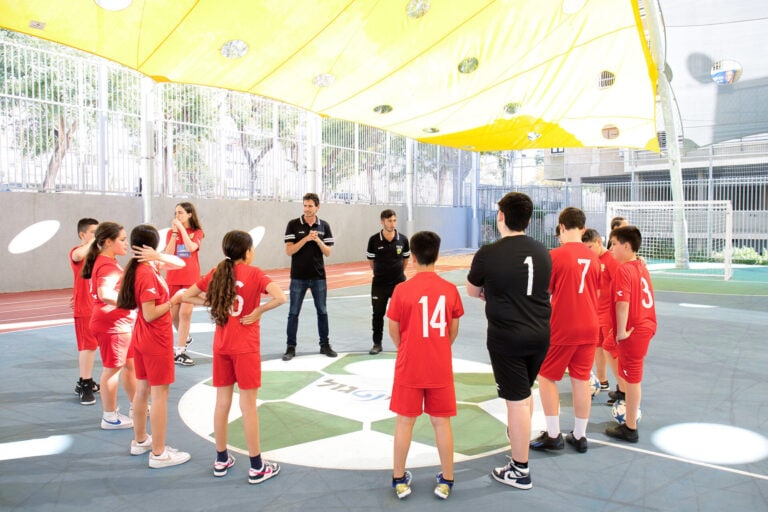
Since the October 7th massacre, the organization has taken on an extra role, bringing soccer to thousands of kids displaced by war from the north and the south of the country.
“One mother from Sderot [the closest city in Israel to Gaza] was displaced to Eilat,” says Kusevitzky. “She said her son didn’t want to leave the room, he was afraid after what happened. The first time he managed to go out was when The Equalizer came.
“She said in the last three months it had changed his life. Playing soccer gave him back his confidence. It was critical for him and others to get normality when they most needed it, in a time of chaos.
“We all feel more responsible for Israel’s future now than before. I feel that we have a mission and that we can really make an impact about how the next generation of Israel will look. Israel is very diverse in society, but we need to find a way to live together and share the same basic values.”
The Equalizer isn’t just for boys and it isn’t just about soccer. There are now 100 girls teams. Most of them are playing soccer for the first time and have never watched a game, but that doesn’t matter. They’re learning lessons for life, they’re learning about female empowerment, and they’re having a lot of fun.
There are also boys and girls basketball programs (supported by Josh Harris, owner of the Philadelphia 76ers basketball team in the US), and players are encouraged to take an interest in Israel’s high-tech world.
“We have a mission and we can really make an impact about how the next generation of Israel will look. Israel is very diverse in society, but we need to find a way to live together and share the same basic value.”
There’s also a program for kids on the autistic spectrum, and a “safe swimming” program for those with limited access to pools.
The Equalizer provides kids with role models, says Kusevitzky, a 38-year-old Jaffa resident who was a keen basketball player in his youth.
He recalls that out of the thousands who applied for his pilots’ course, 500 were selected and just 40 qualified.
“When we finished Flight Academy, we were able to invite someone who influenced us to the award ceremony,” he says.
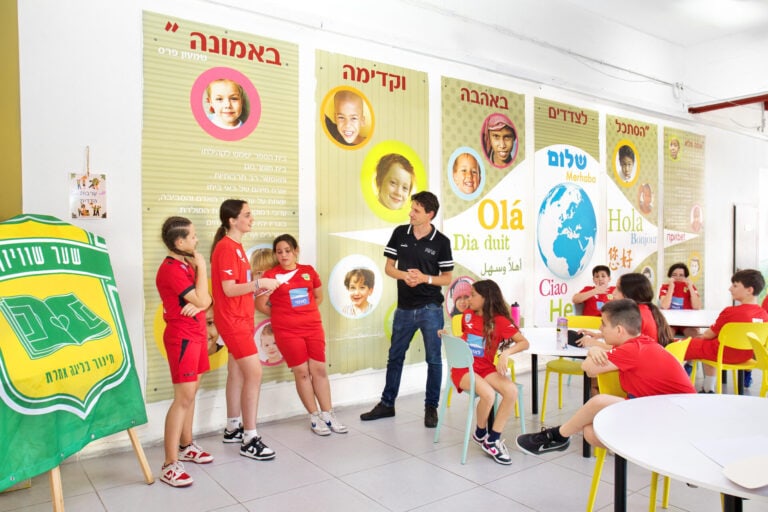
“Seventy percent of the people in the course brought a sports coach — that’s the impact they have. The rest brought a teacher.”
There are some outstanding players, such as one from south Tel Aviv who made it to the Premier League, but the Equalizer doesn’t emphasize winning.
“A kid who is not good in sports can be the captain for the first time in his life,” Kusevitzky says. “Kids who have social problems suddenly start to have friends, they start to speak, they start to empower themselves.”
There are more kids who want to join than there are places available, but it all boils down to funding.
Each team costs around $8,000 a year, including the costs of employing professional coaches, regional managers and educational tutors.
A third of the money comes from the government, a third from donors and a third from municipalities and schools. Last year they had 500 teams. They were supposed to have 600, but the war in Gaza intervened.
“I believe we can get to 1,000,” says Kusevitzky.
How does The Equalizer measure success? “We have specific goals for every program. Operationally it’s easy to measure whether, for example, a boy or girl attended 60 sessions in a year, or participated in five regional tournaments.”
Impact goals are more difficult to measure. Kids and teachers are interviewed and fill out questionnaires before and after the program. This information is put into an impact evaluation report published every year.
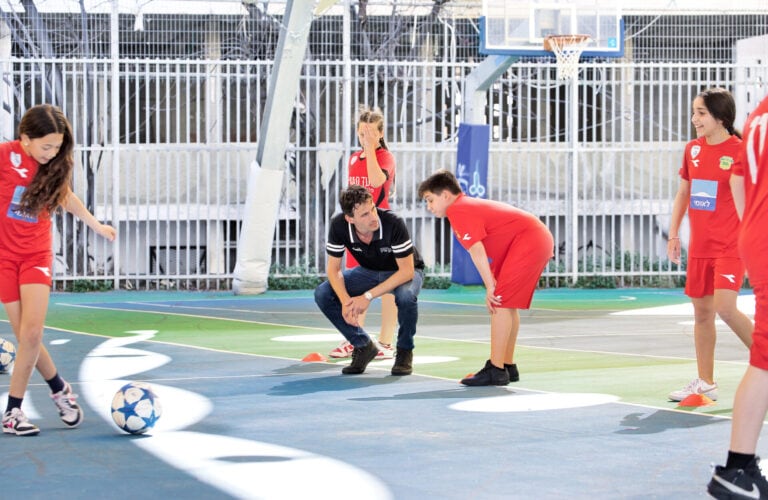
“We see self-confidence and self-belief are much increased. At the start, many of them say their teachers don’t think they’re good, they don’t have many friends, they don’t feel they’re a leader. At the end of the year we see a big improvement in all those things. They also behave better in school,” says Kusevitzky.
“And we see that they are less afraid of kids from outside their community, because they’ve met them through sport.”
Kusevitzky says his job is challenging yet satisfying.
“Knowing that I do something that I really believe makes a difference. When I was a helicopter pilot, I felt I was doing a very meaningful job for my country, but I knew I didn’t want to stay in the army forever.
“I learned how to scale, how to process, how to manage. I wanted to give as much as I could and have a different impact on society.
“It’s like maximizing profit for a company, but here we are maximizing impact. Donors are investors. We need to show them every year what we’ve done so they’ll invest again,” he says.
“We are responsible for the future of Israel. Through sport, we can change society in a unique way and in a very natural way.
“I hope that one day, there will be no need for The Equalizer because everyone will be equal, but while there’s still a need we want to solve it.”
For more information, click here.





